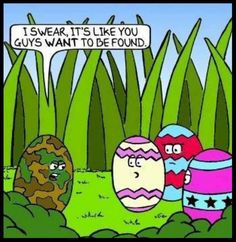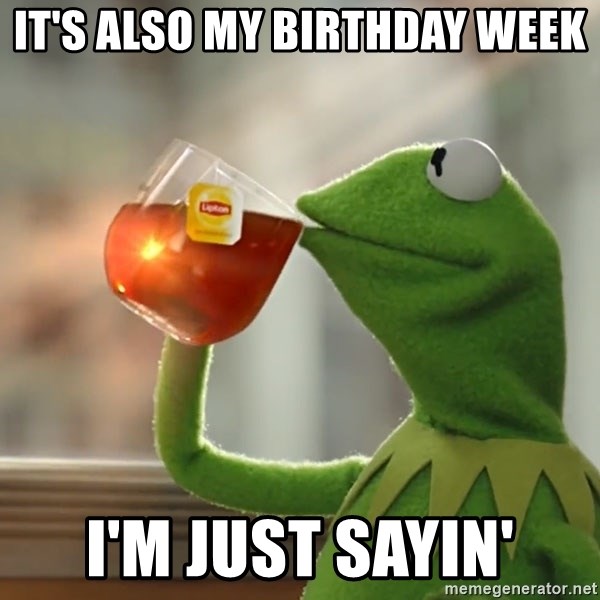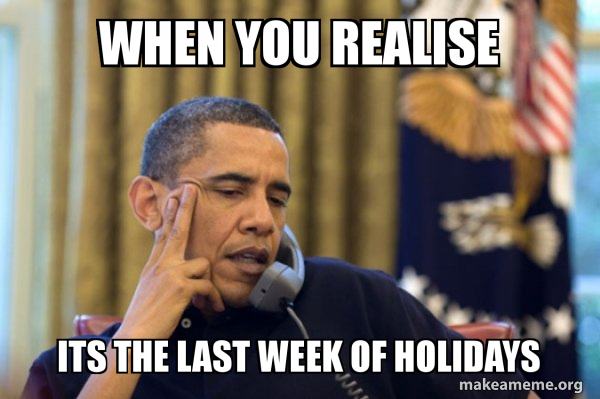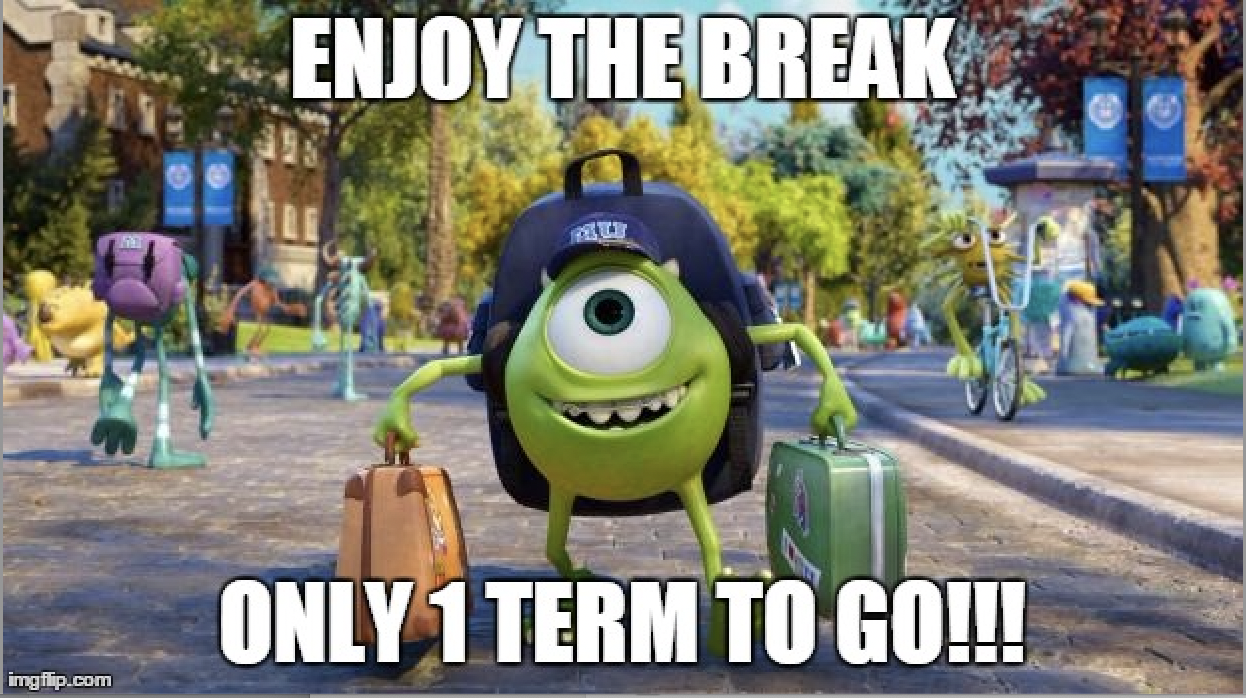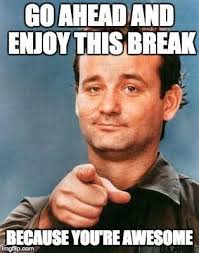8F2 English
Section outline
-
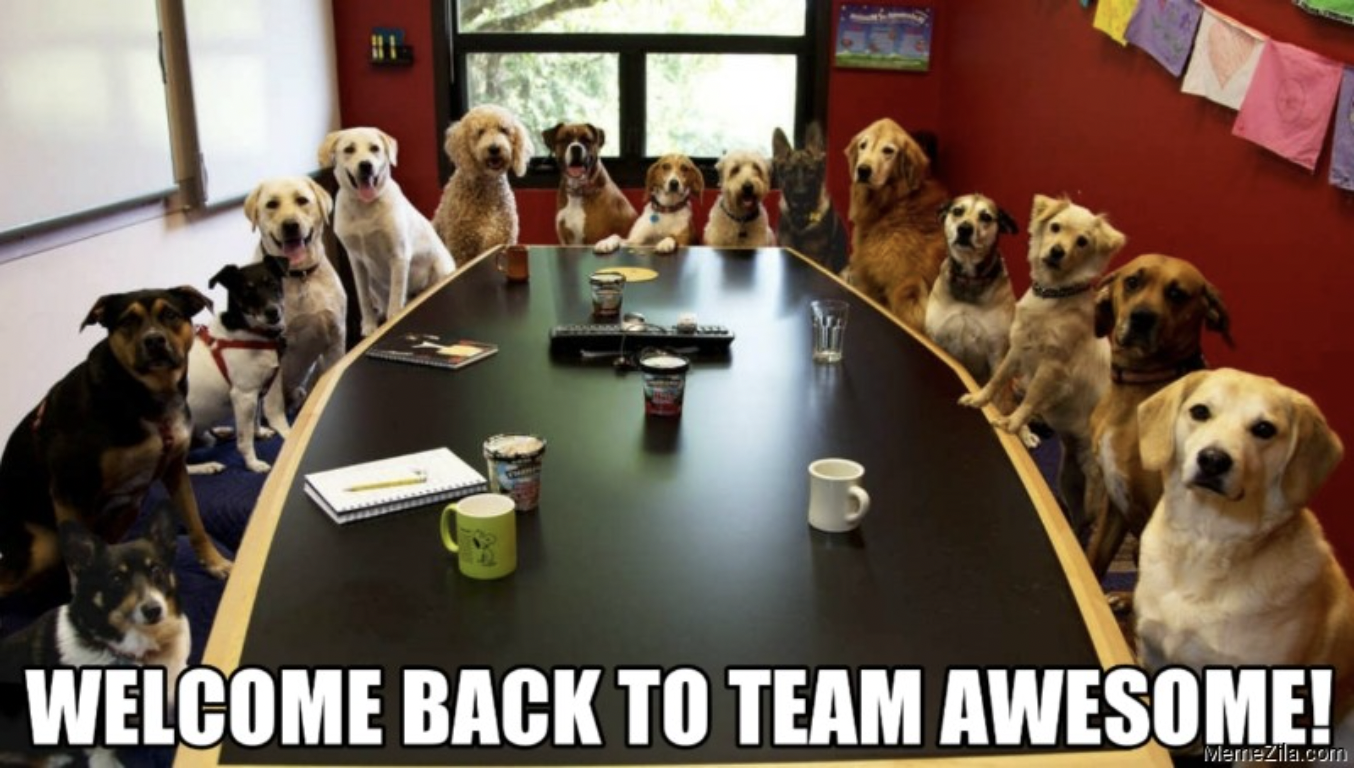
Whaowhia te kete mātauranga
Fill the basket of knowledge
Kia ora, and welcome to your English course page for 2022. My name is Miss Wright and I will be your English teacher this year. This page is where you will be able to find all the necessary information you will require for your English course. All tasks and assessments will be placed here as well as additional lesson notes and resources. Please make it a habit to check this page at the start of each week, this will ensure that you are aware of any expectations we may have of you at that time.
Enjoy this year and if there are any queries do come and see me or feel free to email me - swright@mhjc.school.nz
-
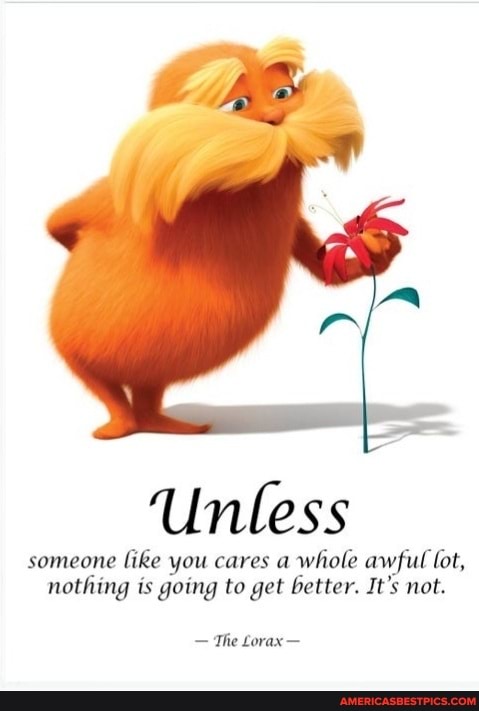
E kore tātau e mōhio ke ti waitohu nui o te wai kia mimiti rawa te puna
We never know the worth of water until the well runs dry
Kia ora. I hope you have all had a safe and relaxing weekend are are energised and ready for the term ahead. As we commemorate the signing of Te Tiriti o Waitangi, it is important to stop and reflect on our obligations and responsibilities under Te Tiriti. Article two of the Māori text establishes that Māori will retain full chieftainship over their lands, villages and all their treasures. Kaitiakitanga means guardianship and protection. It is a way of managing the environment, based on the Māori world view. A kaitiaki is a guardian. This can be a person or group that cares for an area such as a lake or forest. We alll have a responsibility to care for our environment. As we explore film techniques in English, I would also like you to reflect on the messages and themes in the films we study. How do these relate to Kaitiakitanga? What actions do you need to take as a kaitaki?
Success Criteria:
I can:
- identify a range of film techniques (camera angles and frames)
- describe the elements of each technique
- discuss why the technique is used
Activities:
- Do now - Title page "Film Study"
- Discussion in small groups (initial knowledge of film techniques on group document (hard copy))
- View short videos on film techniques as a class (links below for later independent review)
- Introduction to film technique slideshow (google classroom)
Further Learning:
- Be aware of the visual language around you - what techniques do you notice? Be ready to share your observations with others.
- Read a book
EXPLORE / TŪHURA learning intentions:
- We are EXPLORING by analyzing techniques wued in a visual text (film) and identifying why these techniques are used
- We are EXPLORING how we can interpret emotion and affect through deliberate use of techniques and analyse the effect of these on an audience
-
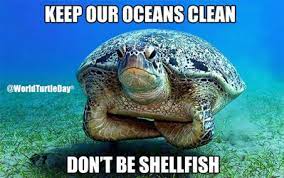
Ko te wai te ora o ngā mea katoa
Water is the life-giver of all things
Kia ora. How are you settling in? This is our first full week of MHJC for the year. I hope you are all feeling comfortable with timetables, routines and whatever 2022 throws at us. This week, we are going to continue our exploration of film techniques. You will have time in class to work on your slideshows. Remember that these are your notes! The more detail and understanding you put into your slides, the more you will have to use when it becomes time for you to discuss film techniques when we view films and create our own storyboards. An ounce of preparation now saves a ton of work later. I have also booked us into the library on Monday - make sure you have your ID Card for fast checkout, and bring back any overdue books you may have from last year.
Success Criteria:
- identify a range of film techniques (camera angles and frames)
- describe the elements of each technique
- discuss why the technique is used
Activities:
- Do now - Sentence Surgeons (Link is at the bottom of this page) - Upload completion certificate to Google classroom
- Film Technique Slideshows
- Library
- Watch movie and identify film techniques
Further Learning:
Read a bookComplete title pages (these were due Monday 14th)
EXPLORE / TŪHURA learning intentions:
- We are EXPLORING by analyzing techniques wued in a visual text (film) and identifying why these techniques are used
- We are EXPLORING how we can interpret emotion and affect through deliberate use of techniques and analyse the effect of these on an audience
-
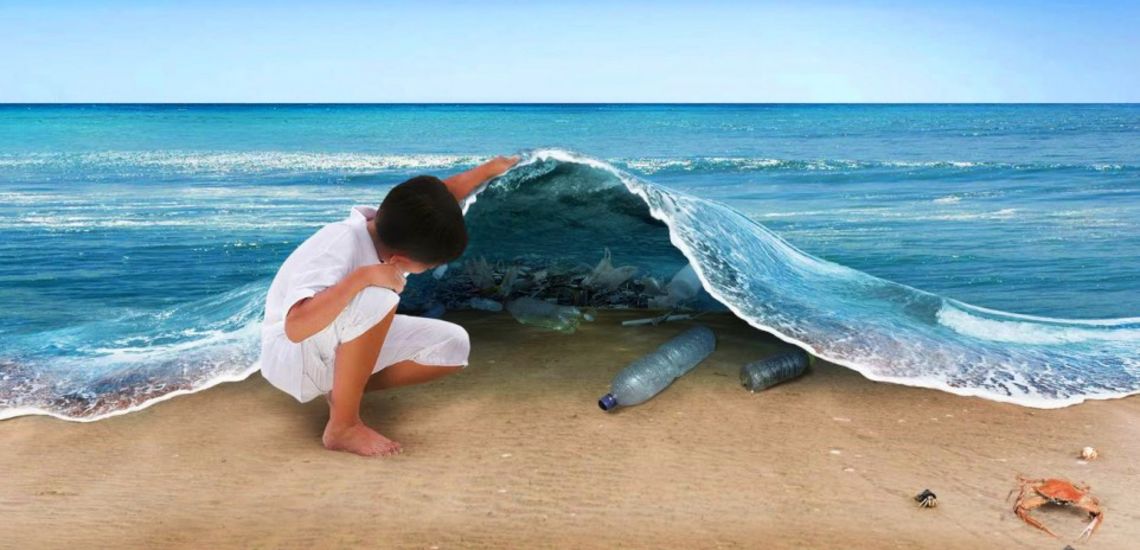
He taura whiri kotahi mai anō te kopunga tai no i te pu au
From the source to the mouth of the sea all things are joined together as one.
Kia ora. I hope you all had a great weekend. It was lovely to be able to get outside without wild winds and rain. This week, we are going to complete our slideshows. Remember, they are due on Friday. We will also go to the library on Monday. Finally, we will watch a film, and take note of the film techniques we can see. Your challenge is to find scenes that demonstrate each of the techniques we have studied and to include an image of this scene into your slideshow.
Success Criteria:
- dentify a range of film techniques (camera angles and frames)
- describe the elements of each technique
- discuss why the technique is used
Activities:
- Library (Monday)
- Do Now - Sentence Surgeon
- Slideshows
- Watch film
Further Learning:
Complete slideshowsEXPLORE / TŪHURA learning intentions:
- We are EXPLORING by analyzing techniques used in a visual text (film) and identifying why these techniques are used
- We are EXPLORING how we can interpret emotion and affect through deliberate use of techniques and analyse the effect of these on an audience
-

Manaaki whenua, Manaaki tangata, Haere whakamua
Care for the land, care for the people, Go forward
Kia ora. You have a busy week this week, as your Bike Safety sessions occur. You should have completed your film technique slideshows. This week, we are going to look at storyboards. This is part of planning for filming, and involves you making deliberate decisions about film techniques. We will look at some story boards, and you will have a go at story boarding your own short scene. I am thinking we can make it riding a bike focussed!
Success Criteria:
- Identify a range of film techniques (camera angles and frames)
- apply film techniques to a story board
- discuss why the technique is used
Activities:
- Sentence Surgeon
- Storyboard examples and annotation
- Write short scene about bike safety
- Story board scene
- Write to explain film techniques chosen in storyboard
Further Learning:
Read a bookEXPLORE / TŪHURA learning intentions:
- We are EXPLORING by analyzing techniques used in a visual text (film) and identifying why these techniques are used
- We are EXPLORING how we can interpret emotion and affect through deliberate use of techniques and analyse the effect of these on an audience
-
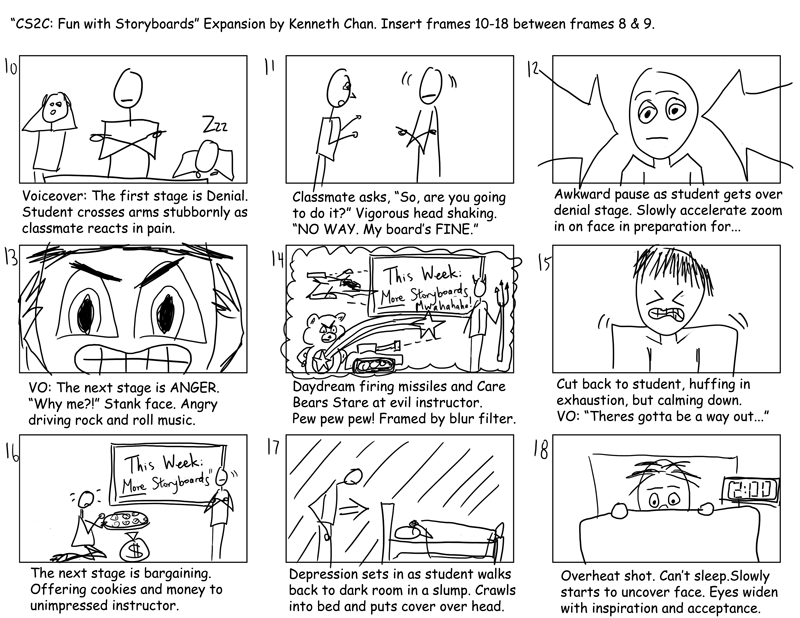
Whāia te mātauranga hei oranga mō koutou
Seek after learning for the sake of your wellbeing
Kia ora. It's week six. We are almost half-way there. You have had a busy term already with settling back into school and bike safety. You have lots more experiences coming up too! This week, we are going to continue with writing scripts for our storyboards - we are doing this a little bit backwards, as usually you would work from the script to the storyboard, but your learning and knowledge at the start of this term were film techniques, so the storyboard was a natural place to begin. When you are writing a script, you can think of it as an essay - you need to introduce your content to your reader, detail your information in separate paragraphs and then conclude your script with an overall summary and leave your audience with something to think about. Your bike safety storyboard is like the paragraphs - so as well as detailing voice overs and dialogue from your storyboard, think about the underlying information you want your viewer to have as well. Detail from this information is what appears in the visuals and diagetics/non-diegetics in your scene.
Success Criteria:
- Identify and include film techniques in your storyboard/script
- paragraph ideas
- use a writing framework to assist writing (SEXY)
- Edit and proofread work
Activities:
- Sentence Surgeon
- Continue writing script for storyboard
- Expand script with supporting background information
- Share script and storyboard with a partner
- Give feedback to partner on their storyboard/script
Further Learning:
Read a bookEXPLORE / TŪHURA learning intentions:
- We are EXPLORING by analyzing techniques used in a visual text (film) and identifying why these techniques are used
- We are EXPLORING how we can interpret emotion and affect through deliberate use of techniques and analyse the effect of these on an audience
-
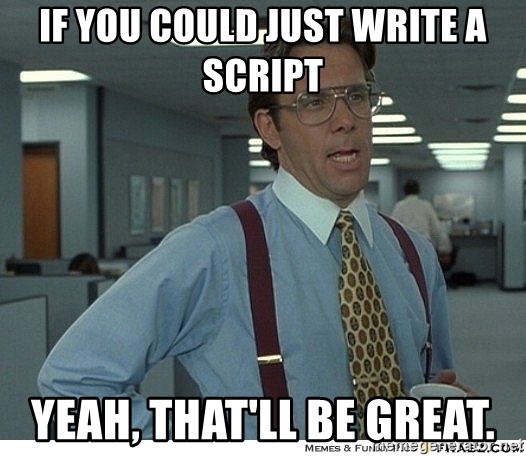
Kia mate ururoa, kei mate wheke
Fight like a shark, don’t give in like an octopus
Kia ora. This week, we are going to continue working on our scripts. I would like you to have a go at writing a paragraph of information (SEXY writing framework) rather than just dialogue. Imagine you have a voice-over with the background information to your issue or topic. What would be the voice-over to accompany the visual? Sentence structure, punctuation and spelling are important aspects of paragraph writing. Use your experiences as a sentence surgeon to help you when you proofread.
Success Criteria:
- Identify and include film techniques in your storyboard/script
- paragraph ideas
- use a writing framework to assist writing (SEXY)
- Edit and proofread work
Activities:
- Sentence Surgeon
- Script writing - voice-over informational paragraph
Further Learning:Read a book
EXPLORE / TŪHURA learning intentions:
- We are EXPLORING by analyzing techniques used in a visual text (film) and identifying why these techniques are used
- We are EXPLORING how we can interpret emotion and affect through deliberate use of techniques and analyse the effect of these on an audience
-
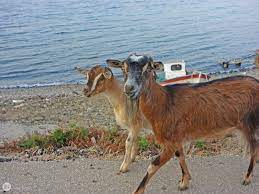
Tē tōia, tē haumatia
Nothing can be achieved without a plan, workforce and a way of doing things
Kia ora. I am looking forward to hearing about your visit to Goat Island - I know there will be photos you will be able to share and explain to me, but in the meantime, here's some goats on an island. This week we are going to look at your assessment task. This task is English, Global and Science combined. You will have in class sessions to work on the assessment task, so you will need to plan your time wisely. Take an opportunity before we meet on Monday to review the assessment task so I can answer any questions you have. You will be submitting your assessment Tuesday Week Nine (29th March).
Success Criteria:
- Understand the task requirements
- Identify short section to storyboard
- Use a range of film techniques in storyboard with deliberation
- Manage time well
Activities:
- Sentence Surgeon
- Unpack Asssessment Task
- Plan workload
- Brainstorm storyboard
- Draft storyboard
- Complete storyboard
- Edit and proofread work
Further Learning:
Assessment Task
Read a bookPLAN & DO / WHAKAMAHI learning intentions:
- We are PLANNING our storyboard and script to advertise the importance of Goat Island
- We are PLANNING how we can apply film techniques for effect
-
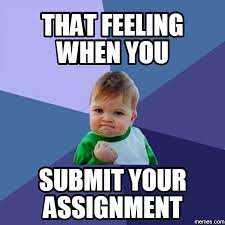
Whaowhia te kete mātauranga
Fill the basket of knowledge.
Kia ora, I hope you all had a restful weekend and TOD. This week you will be submitting your Assessment Task One. You will need to scan your storyboard and submit your script and storyboard to MHOL. Hopefully you have your ID card handy, as it will make the process a lot quicker. You can scan your storyboard using someone elses ID card, but it means there is an extra step in the process. Once the tasks have been submitted, we will look at another film - it will be interesting to see what you now notice!
Success Criteria:
- Complete and upload assessment task one
- Identify Film techniques in a visual texts
- Discuss Film Techniques in a small group
Activities:
- Scan Storyboard
- Upload Assessment Task one
- View Film
Further Learning:
Read a bookPLAN & DO / WHAKAMAHI learning intentions:
- We are PLANNING our storyboard and script to advertise the importance of Goat Island
- We are PLANNING how we can apply film techniques for effect
-
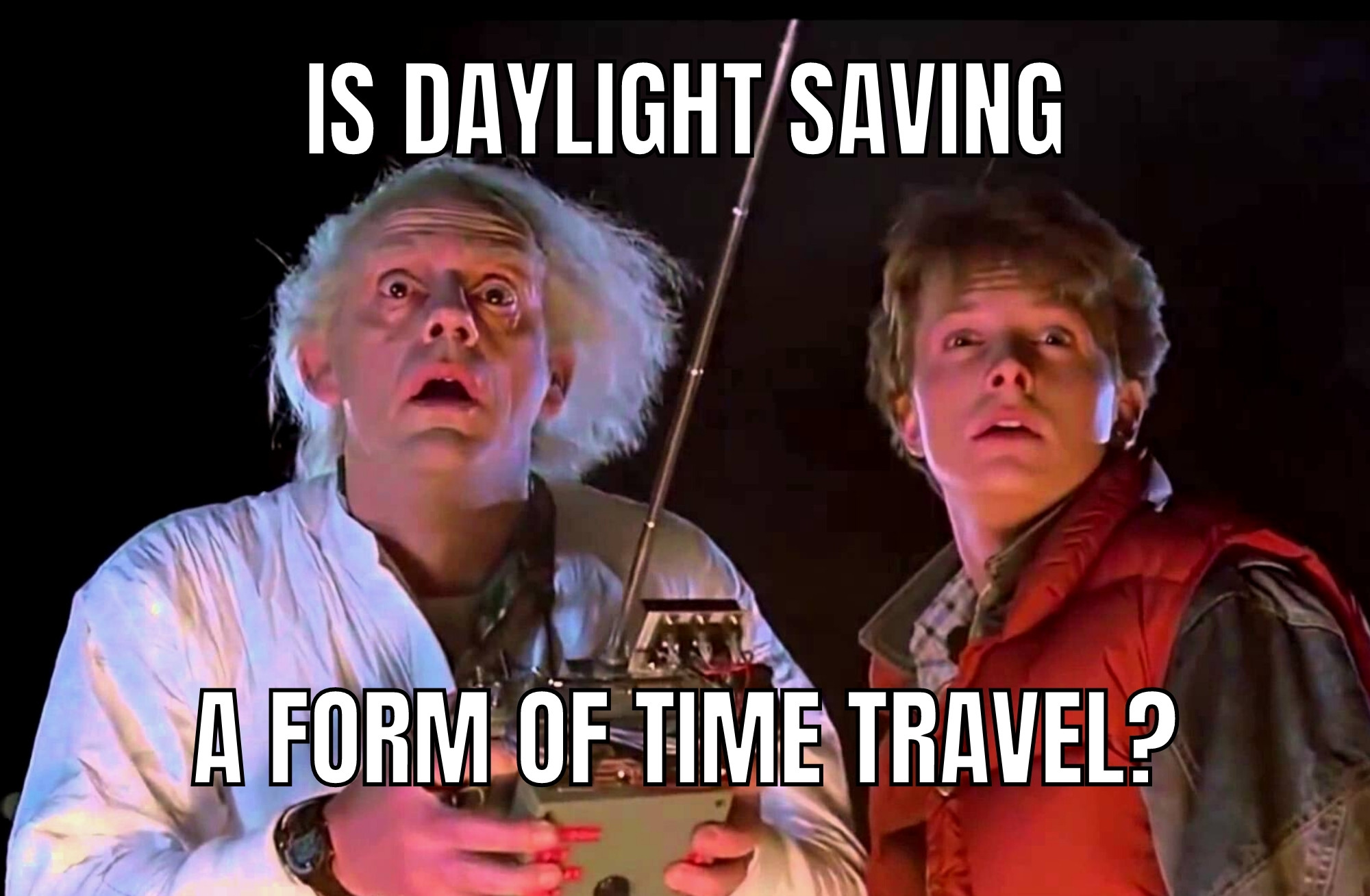
Kia whakapapa pounamu te moana kia teretere te karohirohi e
May the days ignite as sunlight on greenstone waters
Kia ora. I hope you all remembered to reset your clocks for daylight savings - I am going to enjoy having a little more light in the mornings when I drive to work. We are in the home stretch of Term One. Thank you for all your work and effort. I am starting to mark assessments, so please bear with me while I work through your tasks. We are going to the library on Monday - this will be our last library session of the term, but you are still able to use the library at lunchtimes to return and issue books.
Success Criteria:
- Reflect on challenges and success
- Set goal for Term Two
- Explain at least one new piece of learning to a buddy
Activities:
- Library (Monday)
- Turn in reflection task
- Sentence Surgeon
- Discuss Film Techniques in Moana
- Education Perfect (Film Techniques)
Further Learning:
Read a bookREFLECT / WHAIWHAKAARO learning intentions:
- We are REFLECTING on the challenges we faced this term and how we overcame them
- We are REFLECTING on the successes we experienced and why we succeeded
- We are setting goals for next term
-
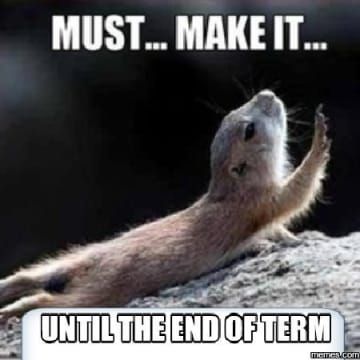
Kua hua te marama
Something has completed a full cycle
Kia ora. We have made it to the end of Term One! Phew, how long has it been since we were able to spend a full term together at school? Thank you for your work this term. We started our film technique unit by watching "The Lorax" and identifying the techniques used. We also tied into the context of Te Taha Wairua. Thinking back to the movie, what messages about Kaitiakitanga (care for the environment) did this movie show? We do not have a library session this week, but you are able to return your books at lunchtime.
Success Criteria:
- Use ideas from "The Lorax" to identify challenges for the environment
- Support ideas with clear and appropriate examples
- Suggest solutions to the challenges identified
Activities:
- Sentence Surgeon
- Lorax environmental changes chart (Google Classroom)
- Write a letter to the Oncler about his actions and what needs to change
Further Learning:
Read a bookREFLECT / WHAIWHAKAARO learning intentions:
- We are REFLECTING on the challenges we faced this term and how we overcame them
- We are REFLECTING on the successes we experienced and why we succeeded
- We are setting goals for next term
-
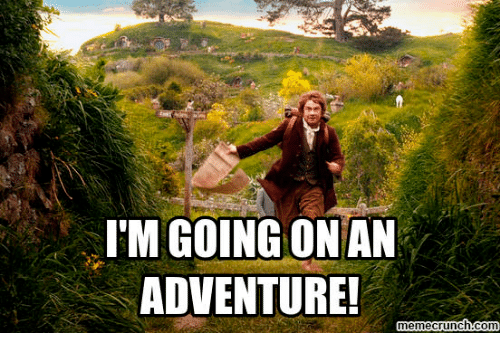
Ko ia kāhore nei i rapu, tē kitea
He who does not seek will not find
Kia ora. I hope you have all had a restful and safe term break. I am sure when we last saw each other it was summer - now it definitely feels like winter is drawing close! This term we are going to be focussing on oral language techniques in English. We will look at speeches and seminars, TED talks and oral presentations. We may even be able to venture into plays and poetry slams!
Success Criteria:
- Select an appropriate presentation topic
- Research topic using a research framework (KW Chart, T-Chart)
- Draft presentation
- Create cuecards based on presentation
Activities:
- Library Visit
- Watch TED
- Discuss TED talk
- Brain dump - oral presentations (speeches)
Further Learning:
Read a book -
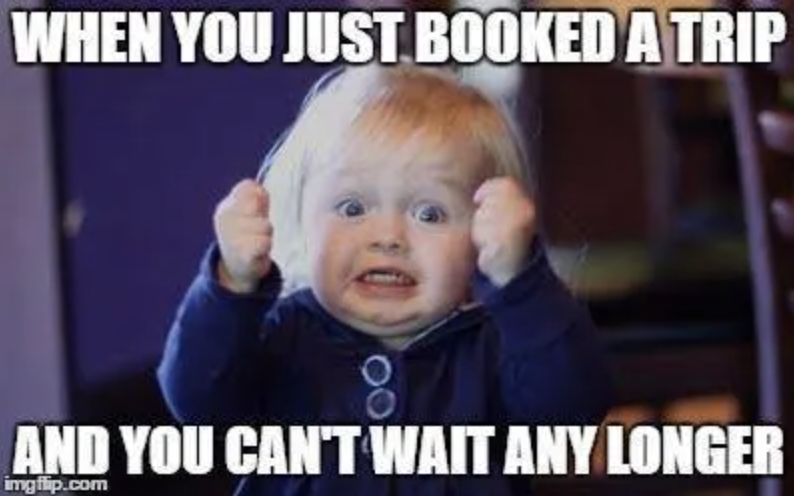
Ko te pae tawhiti whāia kia tata, ko te pae tata whakamaua kia tina.
Seek to bring distant horizons closer; sustain and maintain those that have arrived
Kia ora. I hope you all spoilt your family on mother's day. It's week two, so hopefully you are beginning to see where we are headed this term (that's a travel joke). The postcards from Auckland last week looked really good. If you have not posted yours yet, can you please get them into my letterbox as soon as possible. You will be using these from Week Seven so it is important that you complete them. This week, we are going to revise our note making and note taking sklls. We are going to use a KW Chart to record our knowledge prior to research and organise the research we need to do. We will look at how we can use dot-jot notes to record our information so that we know the writing will be in our own words, so , please return your seats to an upright position, ensure your tray table is stowed and buckle in for the start of our journey.
Success Criteria:
- Select an appropriate presentation topic
- Research topic using a research framework (KW Chart, T-Chart)
- Draft presentation
- Create cuecards based on presentation
Activities:
- Do now - complete Auckland Postcard
- Use a KW chart to organise research (your own unique destinations)
- Develop research structure - identify key words/phrases
- Develop research structure - identify appropriate sources
- Locate and record information using T-chart
Further Learning:
Read a bookEXPLORE / TŪHURA learning intentions:
- We are EXPLORING different graphic organisers to help us organise our research
- We are EXPLORING how we can collect effective research notes
- We are EXPLORING how we can integrate our research into coherant paragraphs
-
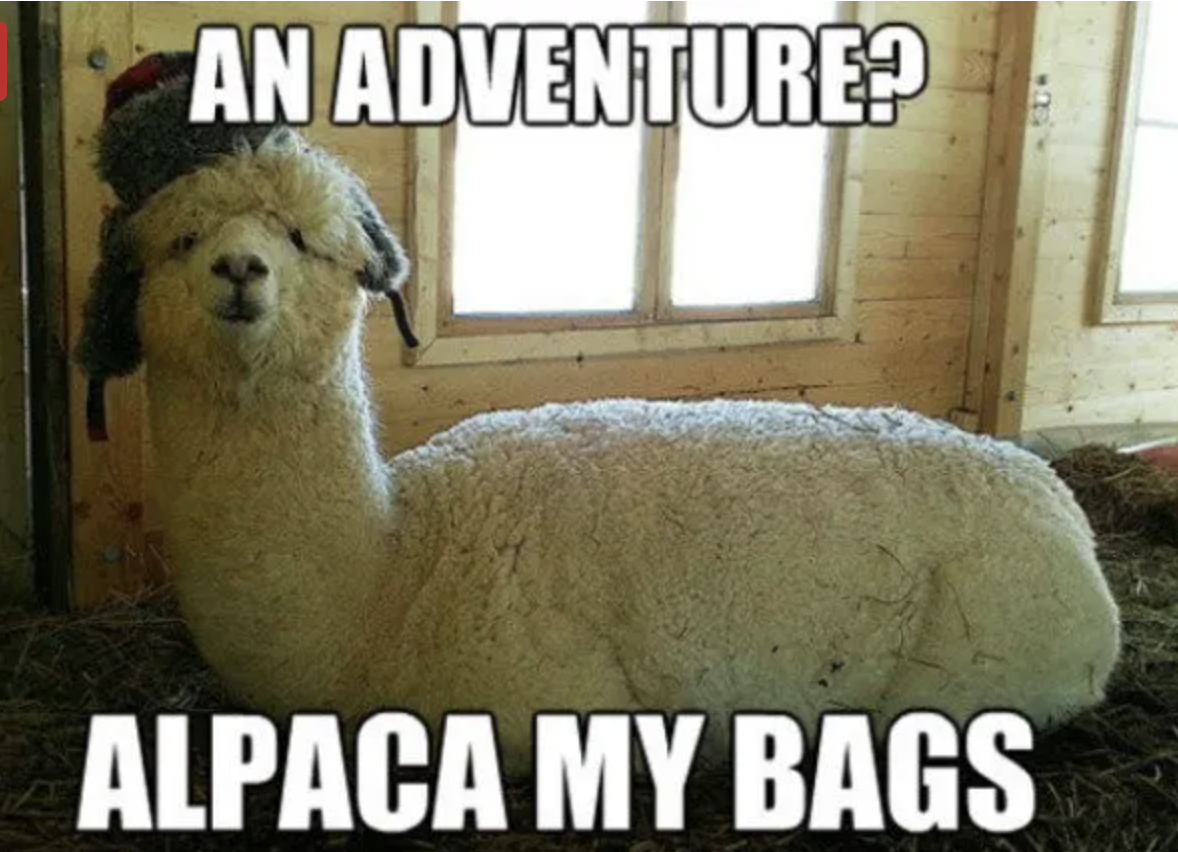
Kei ōu ringaringa te ao
The world is yours.
Kia ora. I hope you enjoyed the TOD on Monday. Perhaps it was an opportunity for you to spend some time thinking about where you would like to visit on holiday? This week, we are going to continue working on our note making/taking. You should have some informational about your first international landmark and may have stared on your second. We will practice using our notes (and no devices) to write a paragraph later in the week.
Success Criteria:
- Select an appropriate presentation topic
- Research topic using a research framework (KW Chart, T-Chart)
- Draft presentation
- Create cuecards based on presentation
Activities:
- Locate and record information using T-chart
- Use information on T-Chart to write a paragraph
- Rinse and repeat
Further Learning:
Read a book
EXPLORE / TŪHURA learning intentions:- We are EXPLORING different graphic organisers to help us organise our research
- We are EXPLORING how we can collect effective research notes
- We are EXPLORING how we can integrate our research into coherant paragraphs
-
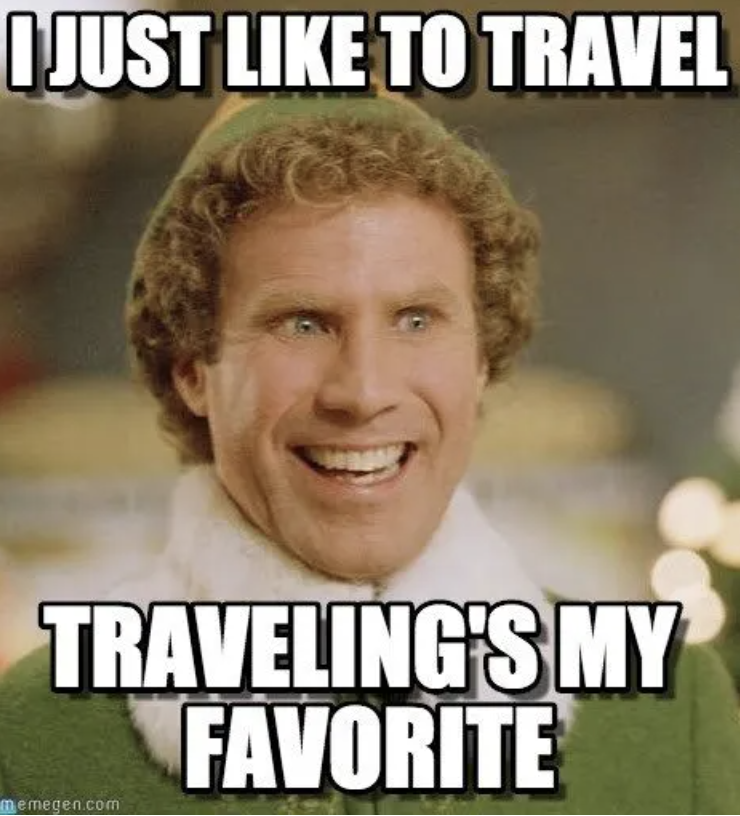
Whaia te iti Kahurangi ki te tuohu koe me he maunga teitei
Seek the treasure you value most dearly: if you bow your head, let it be to a lofty mountain
Kia ora. I hope you were kind to yourself (as well as to those around you) last week. We are lucky that kindness is not bound by quantity - if fact, the more kindness you show, the more kindness you receive. Don't wait for a special moment to undertake a random act of kindness - try and find at least one moment a week where you can be kind with no expectation of acknowledgment or reward - it will make you feel so much better inside. This week, we are going to continue working on our travel research. By now you should have completed a KW chart to guide your research and started to record your research on a T-Chart. We are meeting as a year group on Monday with Miss Steel to discuss the plan and do for this term.
Success Criteria:
- Select an appropriate presentation topic
- Research topic using a research framework (KW Chart, T-Chart)
- Draft presentation
- Create cuecards based on presentation
Activities:
- Complete and hand in postcard from Fiji
- Locate and record information using T-chart
- Use information on T-Chart to write a paragraph
- Rinse and repeat
- Complete a postcard from Mongolia
Further Learning:
Read a bookEXPLORE / TŪHURA learning intentions:
- We are EXPLORING different graphic organisers to help us organise our research
- We are EXPLORING how we can collect effective research notes
- We are EXPLORING how we can integrate our research into coherant paragraphs
-
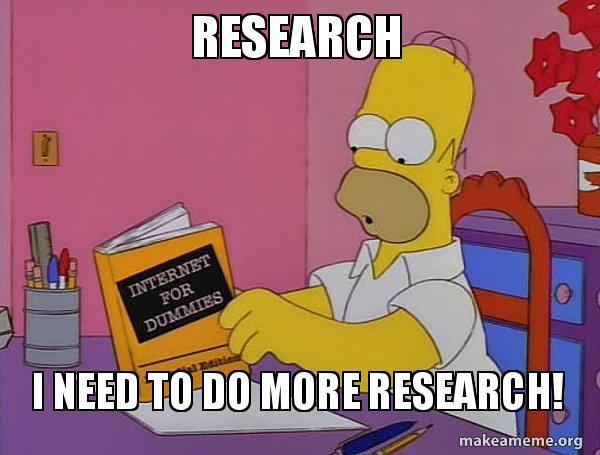
Whatungarongaro te tangata, toitū te whenua
As people disappear from sight, the land remains
Kia ora, we are halfway through the term, and by now you should be well underway with your landmark research. The first landmark we completed will take the longest, as you are getting to grips with the skills you need to use, but I hope that as you continue, the process will become easier and easier. I know some of you have completed the second landmark and can now select the third and fourth landmark based on the task requirements you have been given in Global Studies. Remember, you need to have visited four countries/landmarks with at least one in each hemisphere. This week, you are going to continue your research and also send a postcard from Paris or London. Please take your English books home on Monday so that you can continue recording your research while you are rostered home - this would be a great time to get up to date with your postcards and research!
Success Criteria:
- Select an appropriate presentation topic
- Research topic using a research framework (KW Chart, T-Chart)
- Draft presentation
- Create cuecards based on presentation
Activities:
- Complete and hand in postcard from Mongolia
- Locate and record information using T-chart
- Use information on T-Chart to write a paragraph
- Rinse and repeat
- Complete a postcard from Paris/London
- Further Learning:
Read a book
FOCUS / ARONGA learning intentions:
- We are FOCUSING on our research skills
- We are FOCUSING on using graphic organisers such as KW and T Charts
- We are FOCUSING on selecting appropriate information to record
-
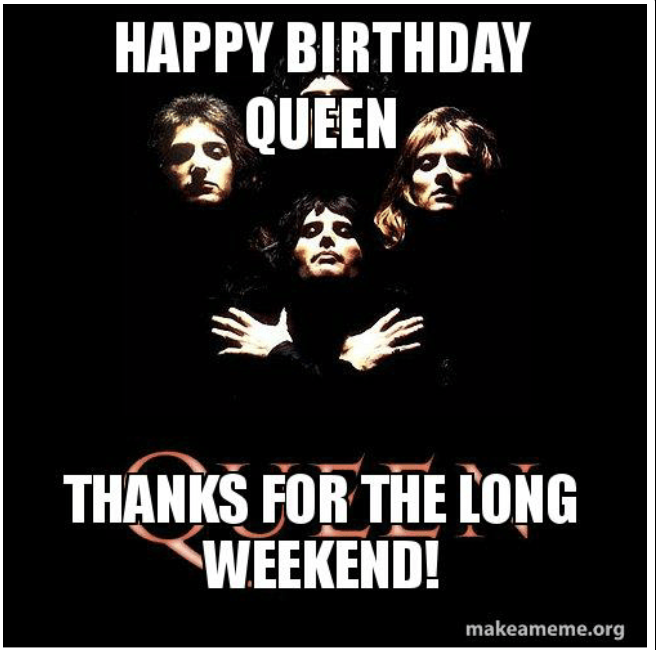
Hauhake tū, ka tō Matariki.
The harvest ends when Matariki sets.
Kia ora. I hope you all have had a restful break. We are halfway through the year - wow! This week, we are going to complete the research for our Travel Seminars. Remember to check the requirements for Global Studies, and continue using your research framework to plan and organise your research.
Success Criteria:
- Select an appropriate presentation topic
- Research topic using a research framework (KW Chart, T-Chart)
- Draft presentation
- Create cuecards based on presentation
Activities:
- Complete and hand in postcard from Paris/London
- Locate and record information using T-chart
- Use information on T-Chart to write a paragraph
- Rinse and repeat
- Complete a postcard from Egypt
Further Learning:
Read a bookFOCUS / ARONGA learning intentions:
- We are FOCUSING on our research skills
- We are FOCUSING on using graphic organisers such as KW and T Charts
- We are FOCUSING on selecting appropriate information to record
-
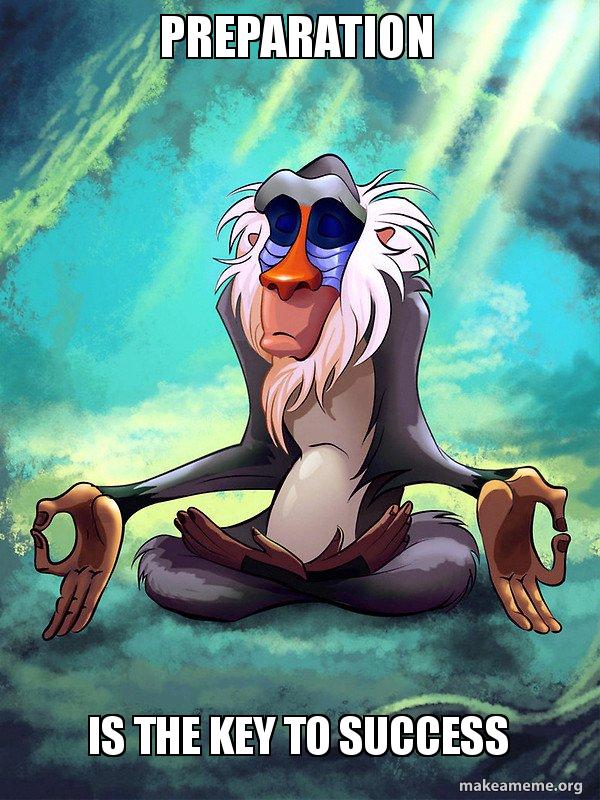
Ehara! Ko koe te ringa e huti punga!
Yes! Yours is the arm best suited to pull up the anchor!
Kia ora. What a wild week of weather we had last week! We are off to the library on Monday - we will then spend the remainder of the week using our research to prepare our presentations. I know you have done a lot of research and found out a lot about landmarks across the world. Ka pai! You have also leant about how to undertake a research project. My hope is that you will continue to use KW charts and T-Charts when you research to help your structure the process.
Success Criteria:
- Select an appropriate presentation topic
- Research topic using a research framework (KW Chart, T-Chart)
- Draft presentation
- Create cue cards based on presentation
Activities:
- Complete and hand in postcard from Eqypt
- Plan the order of your seminar - where are you going to visit first, second, third and fourth?
- Organise your information to keep your audience focussed - what are the big ideas you need to cover
- Link your countries, how are you going to segue from one country/landmark to the next
- Write a hook and a conclusion to your seminar
- Complete a postcard from Peru
Further Learning:
Read a bookPLAN & DO / WHAKAMAHI learning intentions:
- We are PLANNING a seminar presentation so that we can present our infromation to a small group and share our knowledge of planning and preparing for overseas travel.
-
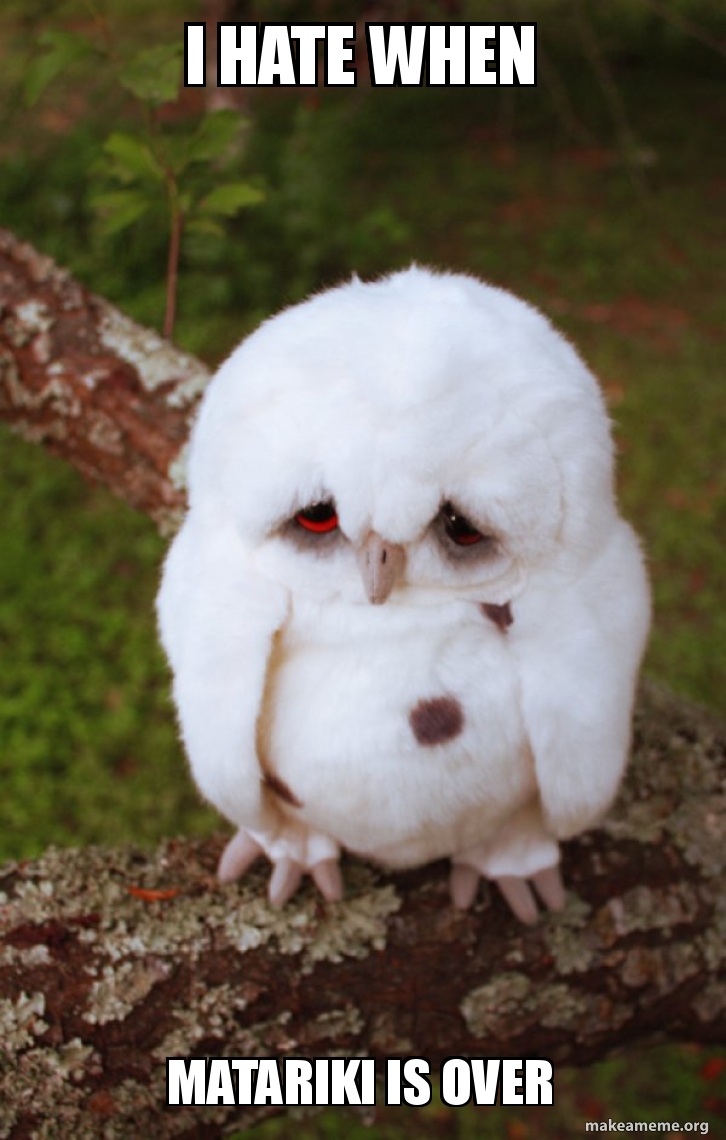
Kia whakatōmuri te haere whakamua
I walk backwards into the future with my eyes fixed on my past.
Kia ora. We have a really busy week ahead, you have asTTle assessments, preparation for your seminars and a day to celebrate matariki. The Maori New Year is a great time to look back on the first 6 months of this year, and to set some goals for the remainder of the year. What has worked well for you, and what will be your focus for the remainder of the year...... A huge congratulations for those who participated in the Lip Sync competition - you rocked!
Success Criteria:
- Select an appropriate presentation topic
- Research topic using a research framework (KW Chart, T-Chart)
- Draft presentation
- Create cue cards based on presentation
Activities:
- Complete and hand in postcard from Peru
- Plan the order of your seminar - where are you going to visit first, second, third and fourth?
- Organise your information to keep your audience focussed - what are the big ideas you need to cover
- Link your countries, how are you going to segue from one country/landmark to the next
- Write a hook and a conclusion to your seminar
- Practice your seminar
- Complete a postcard from Ottawa/New Orleans
Further Learning:
Read a bookPLAN & DO / WHAKAMAHI learning intentions:
- We are PLANNING a seminar presentation so that we can present our infromation to a small group and share our knowledge of planning and preparing for overseas travel.
-

Tuia ki te rangi, Tuia ki te whenua, Tuia ki te moana, E rongo te po, E rongo te Ao
Look to the sky, the land, and the sea to understand the divisions between day and night
Kia ora. I hope you had a fantastic Matariki. How awesome is it to be able to participate in the very first formal nationwide celebration of Matariki - a celebration with is unique and indigeneous to our country. In 1984 an advertising campaign by New Zealand Tourism advised "Don't leave home until you've seen the country". This message was about getting to know the wonders of New Zealand before travelling to see the wonders of the world. It is appropriate at the time of Matariki (and our own travel seminars ) to reflect of the fantastic country in which we live.
Success Criteria:
- Select an appropriate presentation topic
- Research topic using a research framework (KW Chart, T-Chart)
- Draft presentation
- Create cue cards based on presentation
Activities:
- Present Travel Seminar
- Reflection
Further Learning:
Read a bookPLAN & DO / WHAKAMAHI learning intentions:
- We are PLANNING a seminar presentation so that we can present our infromation to a small group and share our knowledge of planning and preparing for overseas travel.
-
REFLECT / WHAIWHAKAARO learning intentions:
- We are REFLECTING on film techniques and how these can impact on an audience
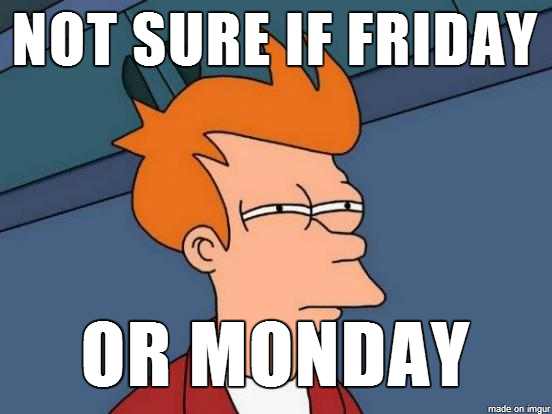
Kua hua te marama
Something has completed a full cycle
Kia ora. Well, we have made it to the end of Term Two. Well done on all your work this term. There are still a few seminar presentations to be completed, but we are on the home stretch. I hope you all take the time to relax over the holiday break - keep safe and warm, and spend some time reflecting on your successes and the things you can focus on to make the second half of the year as strong as the first.
Success Criteria:
- Select an appropriate presentation topic
- Research topic using a research framework (KW Chart, T-Chart)
- Draft presentation
- Create cue cards based on presentation
Activities:
- Complete seminar presentations
- Reflection
- Parts of Speech Document (google classroom)
Further Learning:
Read a book! -
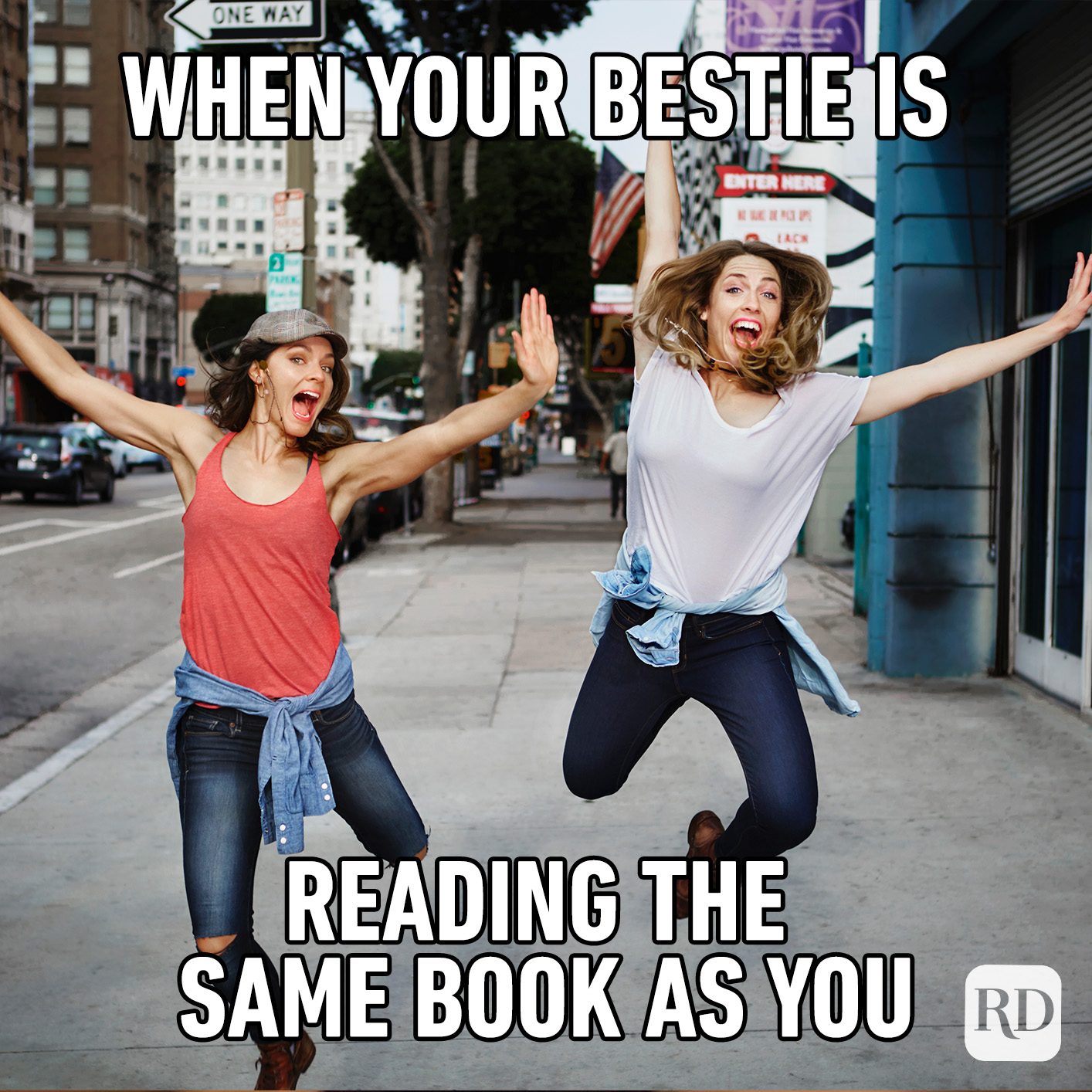 Ko te manu e kai ana i te miro nōnā te ngahere, ko te manu e kai ana i te mātauranga nōnā te ao.the forest belongs to the bird who feasts on the miro berry, the world belongs to the bird who feasts on education
Ko te manu e kai ana i te miro nōnā te ngahere, ko te manu e kai ana i te mātauranga nōnā te ao.the forest belongs to the bird who feasts on the miro berry, the world belongs to the bird who feasts on educationKia ora. Welcome back to Term Three. I hope you all had a good break and have come back ready for a busy term. This term we are looking at the anatomy of many different things - anatomy can be described as a study of the structure or internal workings of something. In English, we are going to be looking at the anatomy or structure of a novel. We are going to look specifically at New Zealand novels and see if we can identify what elements (or parts of the anatomy) make it reflective of our lives in New Zealand.
Success Criteria:
- I can list elements in an extended text
- I can retell the main points of the extended text
- I can identify the main characters in the extended text
- I can define key words about the structure of extended texts
Activities:
- Library - select and issue novel
- Padlet - link below
- Elements of extended text activity (google classroom)
- Read chapter 1 & 2 of selected text
- Setting and characters - note making (google classroom)
Further Learning:
Read at least the first 3 chapters of your novel.
EXPLORE / TŪHURA learning intentions:
- We are EXPLORING by identifying and recording elements in our extended text
- We are EXPLORING by skimming and scanning the text to locate and select supporting evidence
-
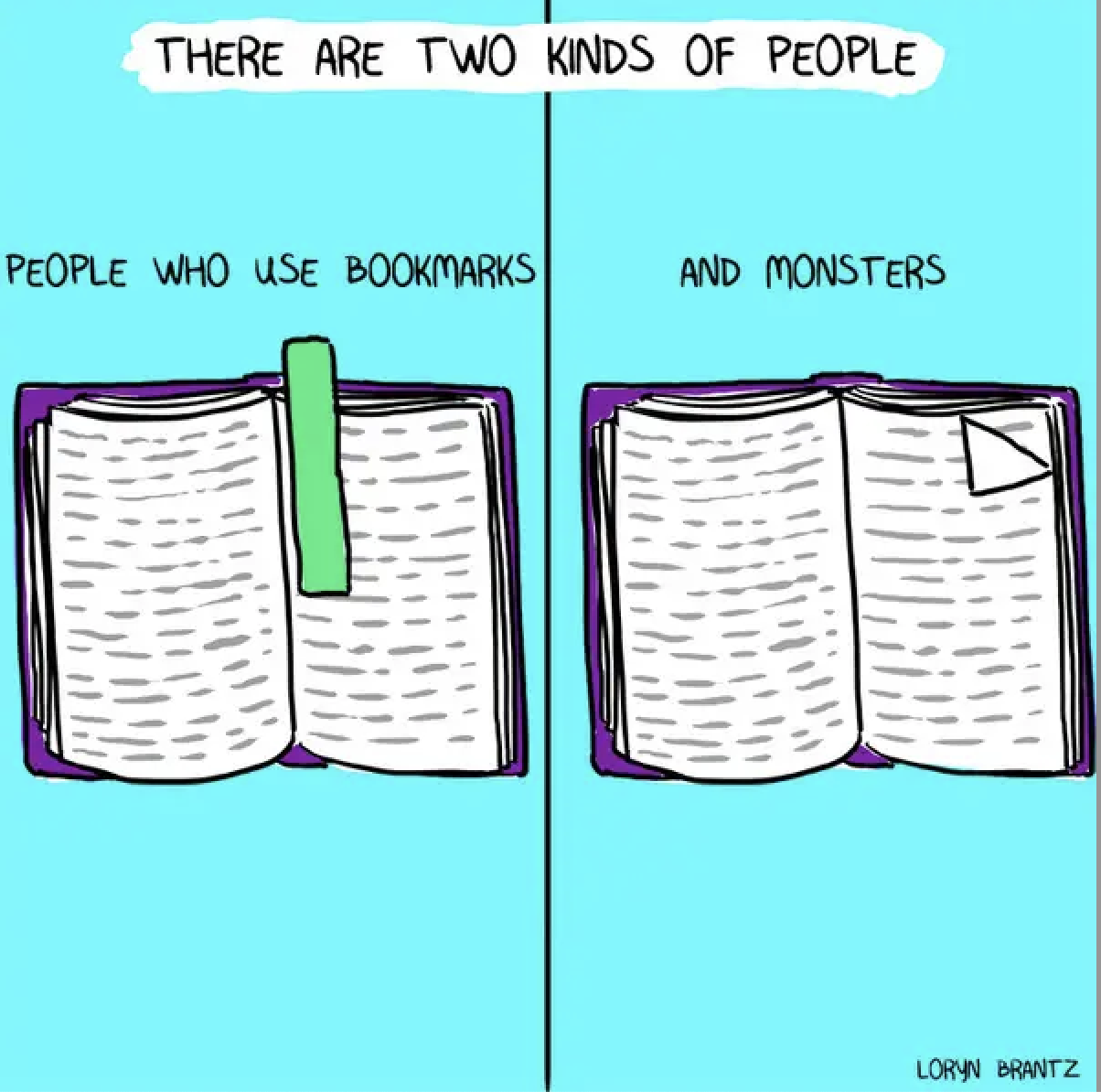
He hauora te taonga
health is wealth
Kia ora. I don't know about you, but books are my happy place. I read 3 books over the term break and completed another last week while home ill. Losing myself in a good book is my way of resetting my mental wellbeing, and I am hoping it is for many of you as well. This week, we are going to continue looking at the elements of novel structure. Last week we spoke about setting (place and time) and started looking at characters - describing them by both appearance and personality. You were asked to have completed at least the first 3 chapters of your book by the start of this week. This means you should have enough information to write with authority on the setting and should be able to describe at least one character as they are at the start of the novel. It is important to record your first impressions of the character at the beginning of the novel, as they will change as the plot develops. I am issuing a slideshow on googleclassroom that will give you a space to store your notes on your novel (inclung pahe numbers and quotes)
Success Criteria:
- I can list elements in an extended text
- I can retell the main points of the extended text
- I can identify the main characters in the extended text
- I can define key words about the structure of extended texts
Activities:
- Read your selected text
- Setting and characters - note making (google classroom)
Further Learning:
Read your novel - you should aim to be at least half way through by the end of the week. Bring your novel to school every day!EXPLORE / TŪHURA learning intentions:
- We are EXPLORING by identifying and recording elements in our extended text
- We are EXPLORING by skimming and scanning the text to locate and select supporting evidence
-
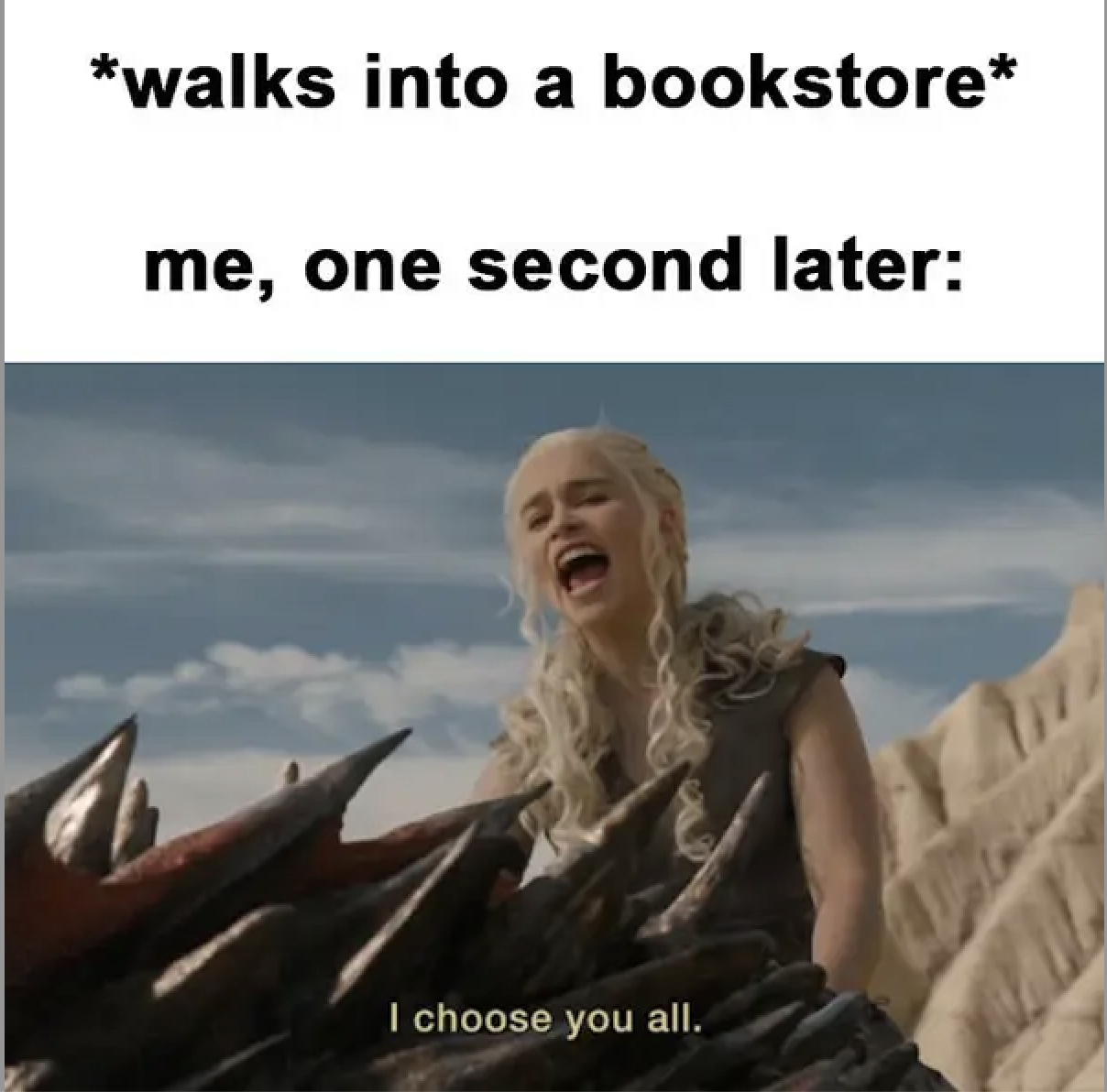
Mā te kimi ka kite, Mā te kite ka mōhio, Mā te mōhio ka mārama
Seek and discover. Discover and know. Know and become enlightened.
Kia ora. I am looking forward to seeing you all this week. Hopefully you have had a chance to read your books and start working with the elements of the text, characters and setting. This week, we will continue with this and also explore theme. It is really important that you record your character at the start, middle and end of their narrative journey. Characters change because of the events they experience. When responding to text, you need to be able to describe the challenges the character has faced and how they changed as a result - making good notes as you read will make this so much easier. By the end of this week, you should have completed the reading of your novel. Please bring your book to every English session.
Success Criteria:
- I can list elements in an extended text
- I can retell the main points of the extended text
- I can identify the main characters in the extended text
- I can define key words about the structure of extended texts
Activities:
- Setting and characters - note making (google classroom)
- Theme - exploration
- Writing a strong thematic statement
- Plot structure - graphic organiser
Further Learning:
Complete the reading of your text.EXPLORE / TŪHURA learning intentions:
- We are EXPLORING by identifying and recording elements in our extended text
- We are EXPLORING by skimming and scanning the text to locate and select supporting evidence
-
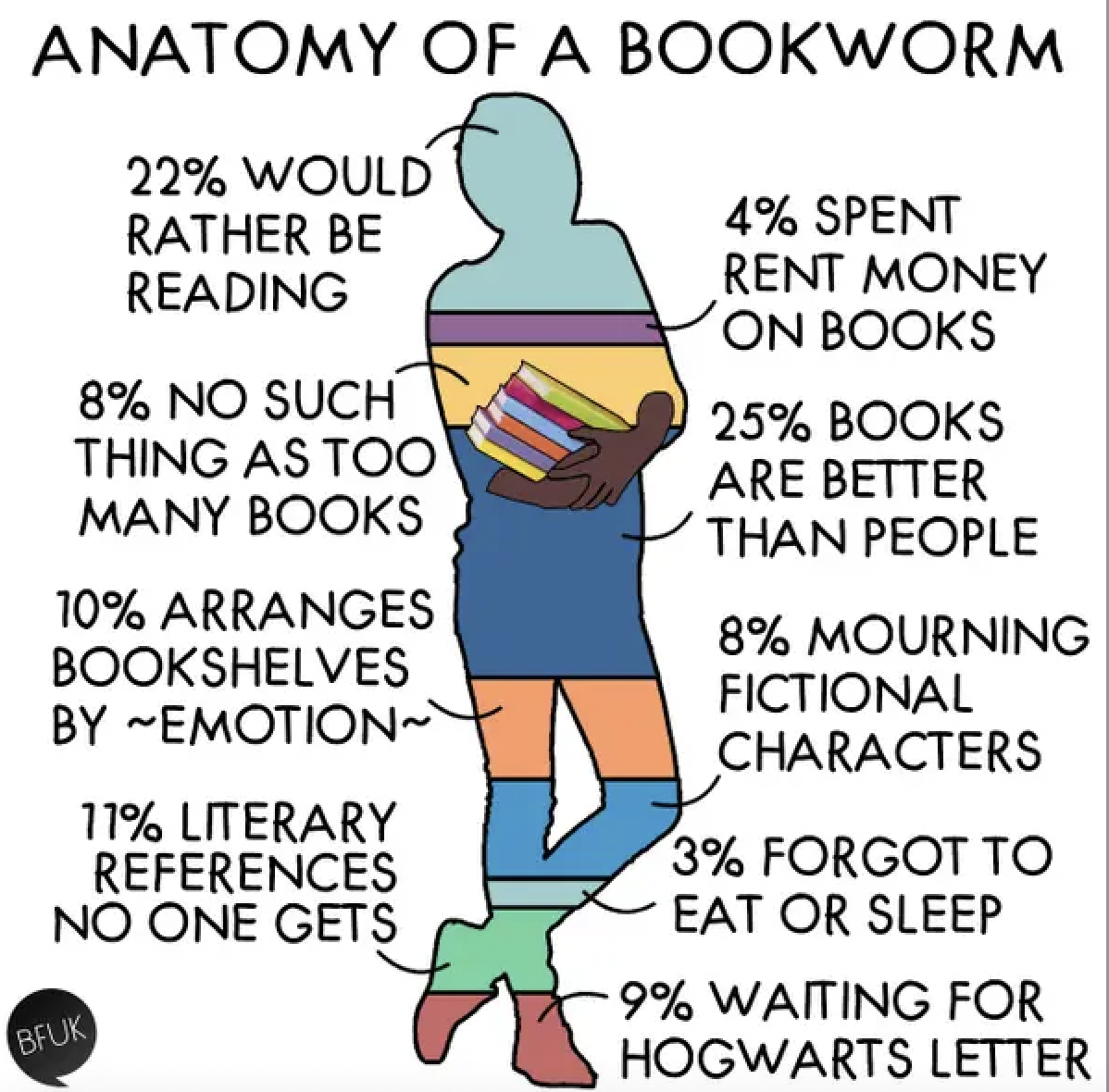
Kohikohi ngā kākano, whakaritea te pārekereke, kia puāwai ngā hua
Gather the seeds, prepare the seedbed carefully, and you will be gifted with abundance of food
Kia ora. By now you should have finished the first reading of your novel. We are going to continue working on the slideshow (in google classrooom) where you are recording your notes on character, and also look at theme and plot structure. Remember this ties to this terms context where we look at the anatomy or structure of different things. When you understand the anatomy or structure of something, it makes it easier to see how the individual parts of it work together to make the whole. This is true for a piece of fruit, a book, a mathematical equation and for human society. Everything has an anatomy or structure that gives all the supporting things or parts a place to exist.
Success Criteria:
- We are FOCUSING on identifying elements of structure used in a novel
- We are FOCUSING on being able to make connections between the text and our personal experiences and feelings
Activities:
- Character slide (google classroom)
- Thematic statements
- Writing a 5w report
Further Learning:
Read a book *your novel if you still have not completed the reading*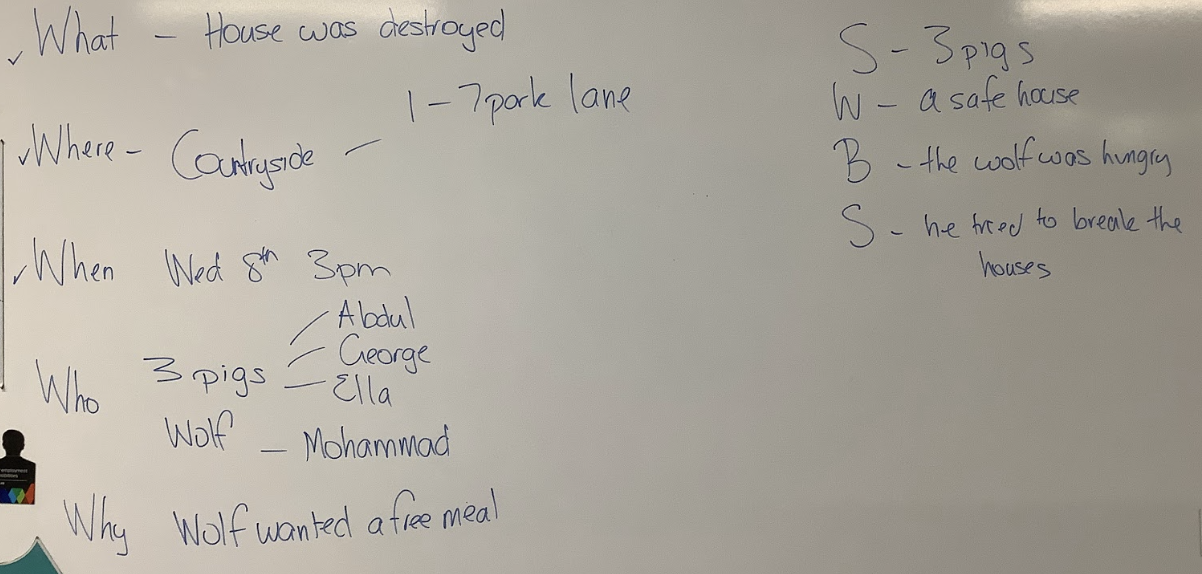
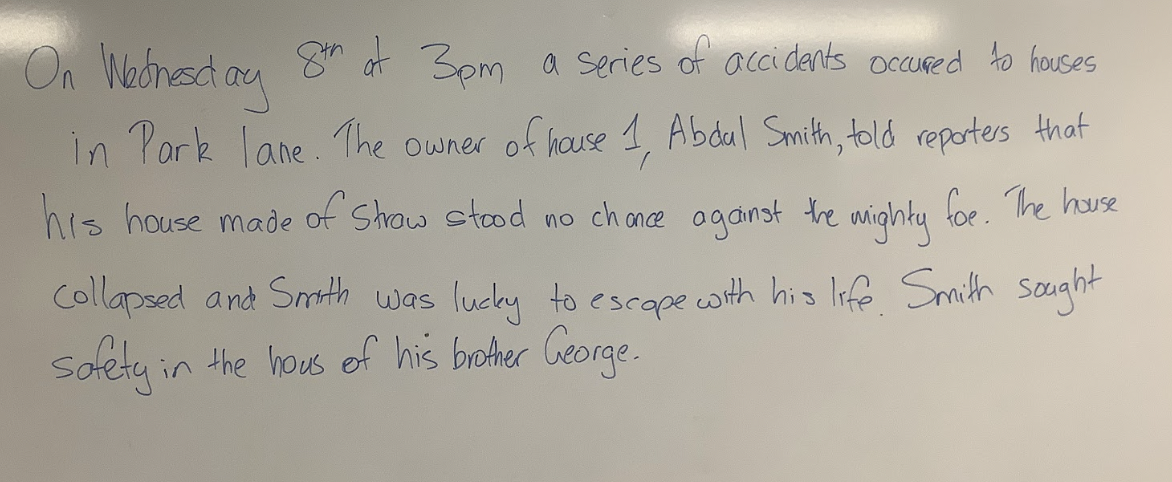
FOCUS / ARONGA learning intentions:
- We are FOCUSING on identifying elements of structure used in a novel
- We are FOCUSING on being able to make connections between the text and our personal experiences and feelings
-
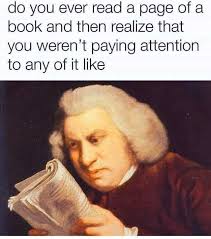
Nā te iho ko te kōrero, nā te whakaaro nui ko te mūmū
Talking comes naturally, silence comes from wisdom
Kia ora. It has been great to see how many of you have finished reading your novels, and are well underway with your note making and quote recording. Hopefully you have also taken the opportunity to write a paragraph about one of the themes of your novel. This week, we are going to identify the plot structure of your novels in preparation for your assessment task which will be introduced in Week Six. You should have completed your novels. Please bring them to class each day. We are going to the library on Monday, so this is your opportunity to renew them.
Success Criteria:
- I can list elements in an extended text
- I can retell the main points of the extended text
- I can identify the main characters in the extended text
- I can define key words about the structure of extended texts
Activities:
- 5w report
- Plot structure slideshow (google classroom)
Further Learning:
Read a bookFOCUS / ARONGA learning intentions:
- We are FOCUSING on identifying elements of structure used in a novel
- We are FOCUSING on being able to make connections between the text and our personal experiences and feelings
-
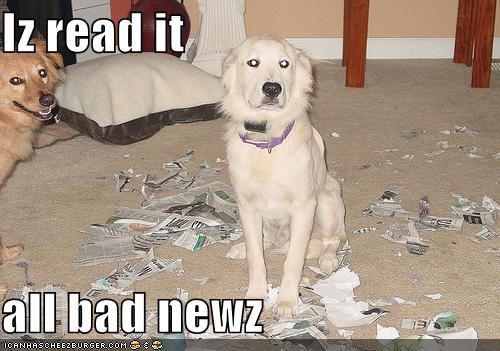
Whaowhia te kete mātauranga
Fill the basket of knowledge
Kia ora. I enjoyed seeing you all work together in groups last week to write your newspaper reports - what a lot of imagination you showed. This week, I have purchased some old school paper newspapers so we can look at some examples of the language and set out of articles, opinion pieces, editorials etc. We are also going to look over the assessment task. You will have in class time to work on your assessment - but you will also need to spend some home time getting it completed. This is the really busy time of the term, so come prepared (novel completed, slideshow notes completed, devices charged etc).
Success Criteria:
- I have used a SEXY writing framework to structure my writing
- I have included examples and evidence from the text to support my writing
- I have linked elements of the text to my personal response
- I have checked my work carefully for structure and sense
- I have use proofreading skills to improve my work
Activities:
- Assessment task introduction
- Bus-stop activity - newpaper articles, editorials, layout etc
- Introduction to digital tools
- Planning of assessment task
- work on assessment task
Further Learning:
Read, read, read, read, write, assessment taskPLAN & DO / WHAKAMAHI learning intentions:
- We are PLANNING our response to extended text by using our notes to demonstrate our understanding of the elements of an extended text. We are applying our personal response to the elements to justify our decisions/opinions.
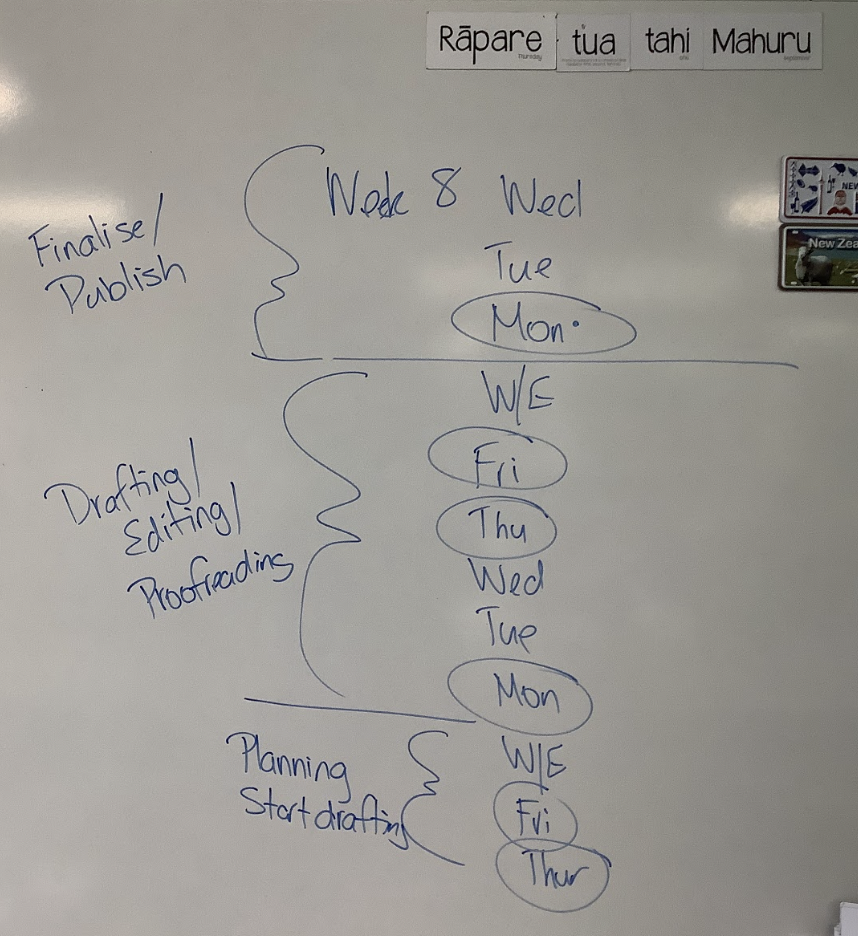
-
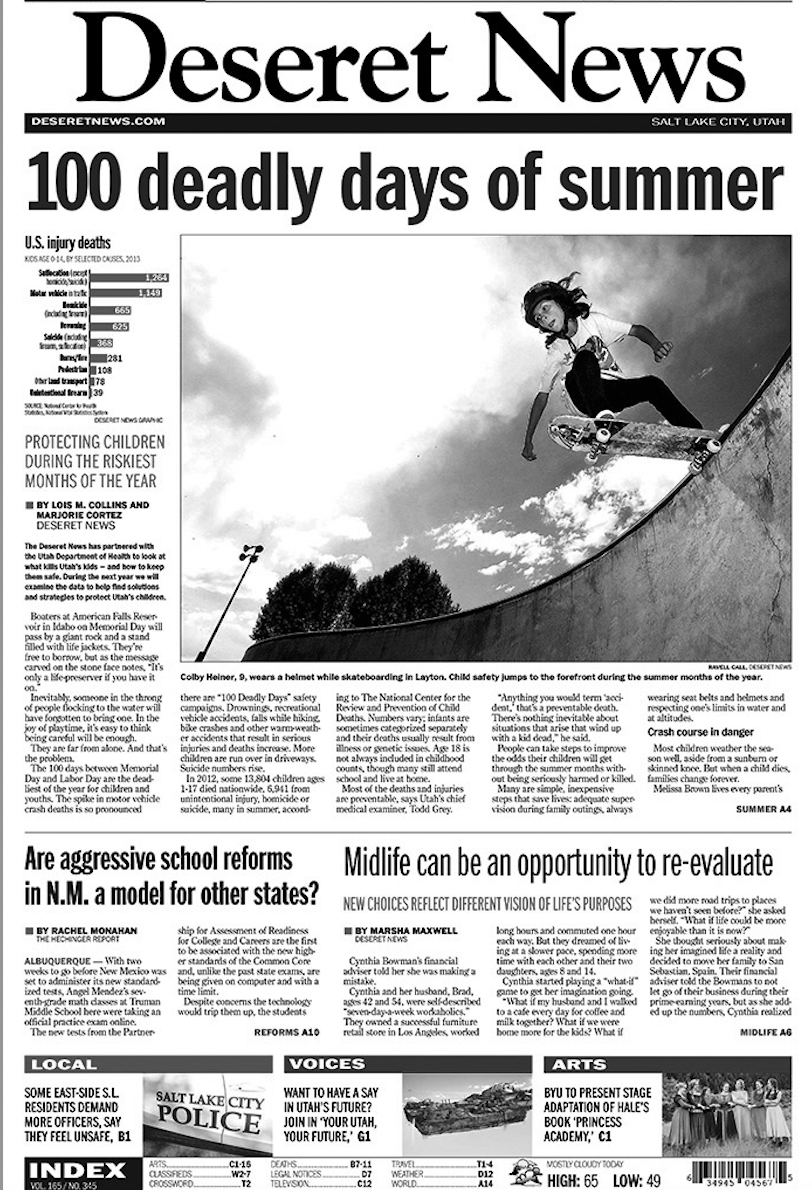
Itiiti rearea, teitei kahikatea ka taea
Although the rearea is small it can ascend the lofty heights of the Kahikatea tree
Kia ora. I hope you are all managing your time carefully as you work towards your assessment task. The easiest way for you to succeed is to plan out what you want to achieve and set yourself realistic time frames (and pressure) to achieve. I have given you broad outlines (last week) but it is now up to you to personalise this to your own task and decisions regarding events, characters, letters to the editor etc. Please remember the task asks you to present in the style, layout and structure of a traditional newspaper - this means columns, captions, headlines, bylines etc. Formatting of colums can be done once you have drafted and proofread your work - so this week keep your focus on content! We will be going to the library on Monday - remember to bring in your book so that you can re-new it for the last time.
Success Criteria:
- I have used a SEXY writing framework to structure my writing
- I have included examples and evidence from the text to support my writing
- I have linked elements of the text to my personal response
- I have checked my work carefully for structure and sense
- I have use proofreading skills to improve my work
Activities:
- Library
- Work on assessment task
Further Learning:
Read, read, read and assessment taskPLAN & DO / WHAKAMAHI learning intentions:
- We are PLANNING our response to extended text by using our notes to demonstrate our understanding of the elements of an extended text. We are applying our personal response to the elements to justify our decisions/opinions.
-
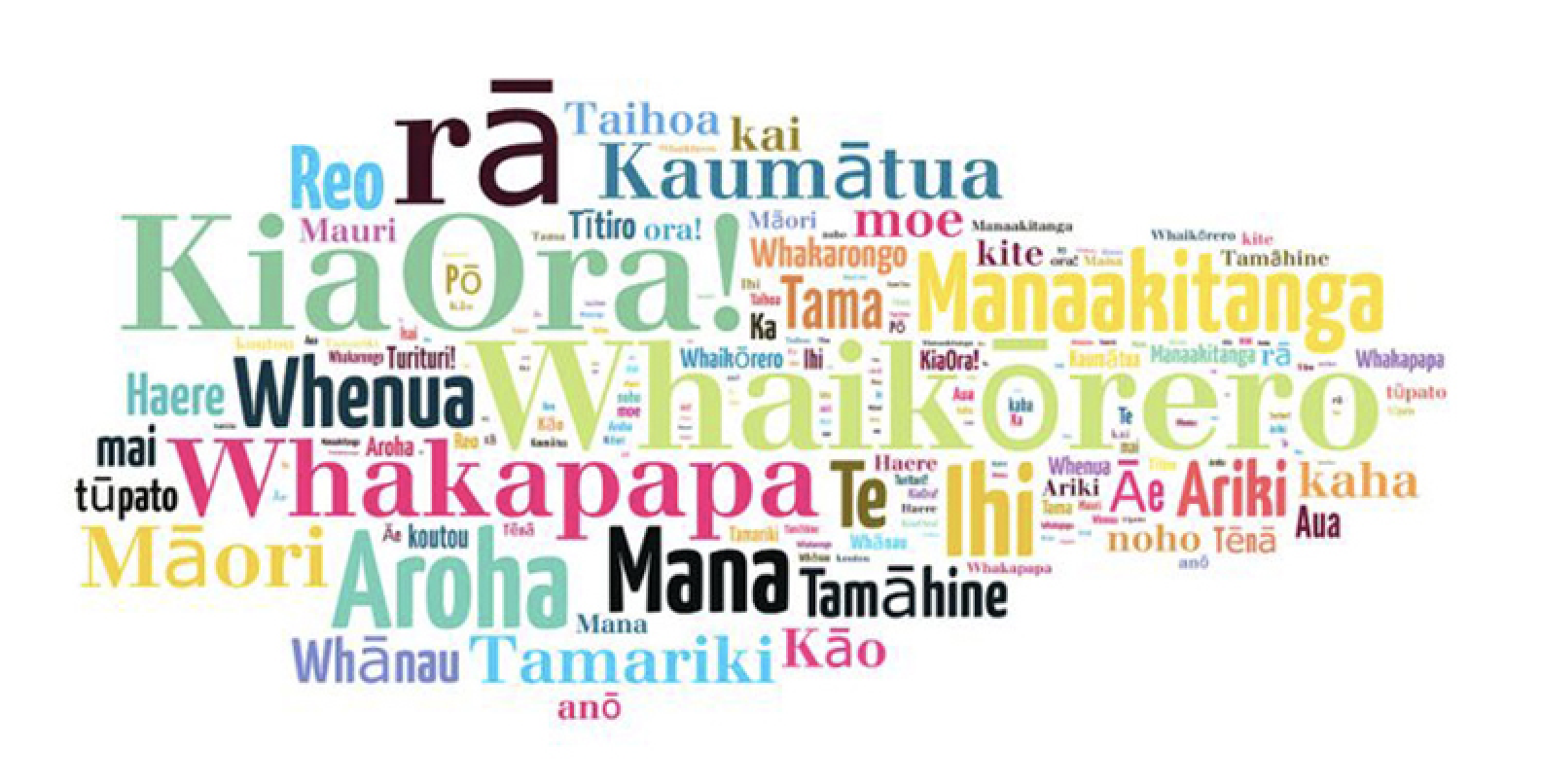
Kua hinga he totara i te wao nui a Tane.
A totara has fallen in the forest of Tane.
Kia ora. There are so many events that could have headed our page this week. It is Maori Language Week, and the 50th anniversary of the Maori Language Petition. It is also the first week we begin with a King, King Charles III. This week we also welcome back those who have attended the AIMS Games in Tauranga, the first Games held since the start of the Covid19 pandemic. In any normal week, I would know what to focus on, but this week is full of so many historical local, national and international moments. We will continue working on our assessment tasks - which are due on Wednesday, Thursday is Student Led Conferences.
Success Criteria:
- I have used a SEXY writing framework to structure my writing
- I have included examples and evidence from the text to support my writing
- I have linked elements of the text to my personal response
- I have checked my work carefully for structure and sense
- I have use proofreading skills to improve my work
Activities:
- Assessment Task (Monday)
- Submit assessment Task
- Reflection
- Add any evidence to Great Learner Evidence (Use. of digital creation tools etc.)
- Formal Writing (review Y7 EOY Writing for area of focus)
Further Learning:
Assessment Task, read a bookPLAN & DO / WHAKAMAHI learning intentions:
- We are PLANNING our response to extended text by using our notes to demonstrate our understanding of the elements of an extended text. We are applying our personal response to the elements to justify our decisions/opinions.
-
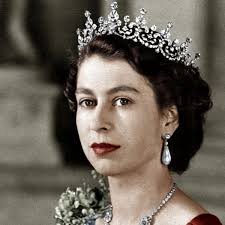
Hinga atu he tētē kura, ara mai he tētē kura.
When one chief falls another rises.
Kia ora. The image above is of Queen Elizabeth II when she became Queen. She was so young - and probably felt she was not ready to lead, but she stepped up and did what she needed to do for her country. This is something we all have to do (not leading a country, but stepping up), The past 3 years have seen a change in the way education was delivered, it was not a change any of us expected, but it was a change we all had to adapt to. As you near the final term of your journey as Year 8s, take time to reflect on where you are, and whether you have made the space in front of you to step up into. We end this term reflecting on our context "The anatomy of....." and with a focus on structuring and writing a formal essay. Please remember, with the power invested in me as a teacher, I have bestowed upon you all your pen license. Use it wisely, use it well, make it neat and check your spell(ing).
Success Criteria:
- I can justify my feeling about a text through textual structure elements and personal experiences
- I can recommend a text to a fellow classmates based on my own response to it
Activities:
- Review of writing feedback
- Brainstorm
- Writing
- Reflection of Assesssment task
Further Learning:
Read a bookREFLECT / WHAIWHAKAARO learning intentions:
- We are REFLECTING on how we read and view texts through our own personal situations and circumstances and use these to form our response to the text
-
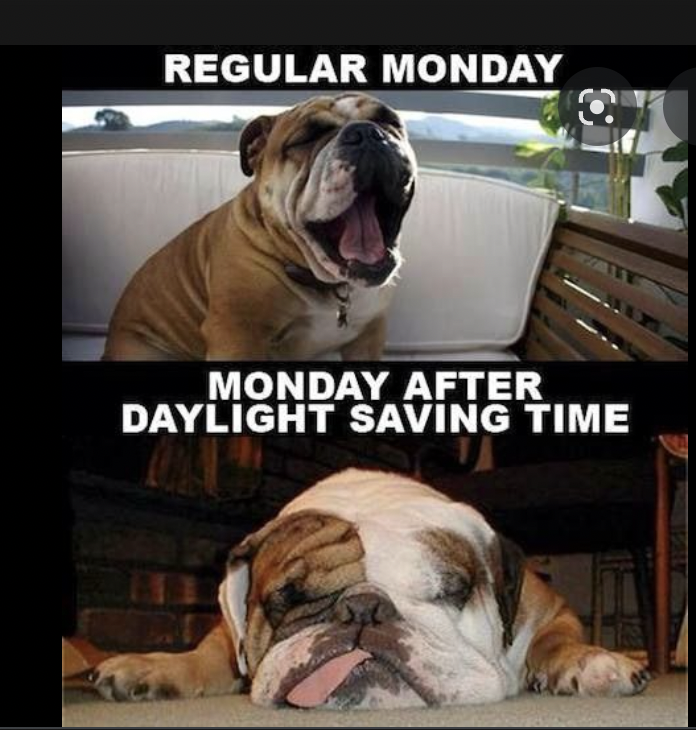
Kia whakatōmuri te haere whakamua:
‘I walk backwards into the future with my eyes fixed on my past’
Kia ora. Phew, we have made it to the end of the term. I hope you have all adjusted to daylight saving time. The memorial day public holiday has meant we have had an extra day to adjust to the change. How did you spend the day? Did you watch the memorial service? We have a very busy last week with many interruptions to the classroom program. Please keep an eye on your emails for photo times, mettings, presentations etc. Well done to most of you for submitting your Assessment tasks. There are a few still to be submittted and I am hoping these can be turned in as soon as possible so that I can grade and return to you. If you still have your library book, please give them to me, I am happy to return them for you.
Success Criteria:
- I can justify my feeling about a text through textual structure elements and personal experiences
- I can recommend a text to a fellow classmates based on my own response to it
Activities:
- Proofreading and editing (google classroom)
- Digital passports
Further Learning:
Read a bookREFLECT / WHAIWHAKAARO learning intentions:
- We are REFLECTING on how we read and view texts through our own personal situations and circumstances and use these to form our response to the text
-
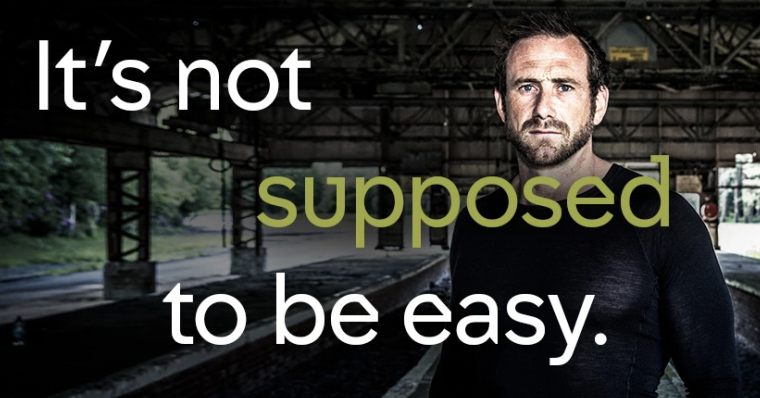
Whāia e koe te iti kahurangi ki te tūohu koe, me he maunga
teitei
Pursue excellence – should you stumble, let it be to a lofty mountain
Kia ora. Welcome back to Term 4! I hope you had a good break, I have taken advantage of the opportunity to get used to daylight savings time, and watching it get brighter earlier in the morning. This term we are going to look at a range of challenges, and how working n a team means everyone contributing in a range of different ways. We all have strengths (and areas we are no so strong in) and working together means that we can achieve more than we can alone. Challenges can cover a range of different arena, intelectual, physical, problem solving etc.
Success Criteria:
- I can work as a member of a team to reach consensus
- I can identify my areas of strength
- I can share in the success of others
- I can use inference skills to respond to questions in a reading passage
Activities:
- Create team name/logo/motto
- Library
- Reading for inference and to draw conclusions
Further Learning:
Read a bookEXPLORE / TŪHURA learning intentions:
- We are EXPLORING by identifying and recording elements in our extended text
- We are EXPLORING by skimming and scanning the text to locate and select supporting evidence
-

He rau ringa, e oti ai
With many hands the job will be finished
Kia ora, phew, its a short week this week, so we are going to be pretty busy. Well done on the teamwork you showed across your curriculum areas last week. While this is not a full week, there may still be opportunities for you to earn team points which will be added to your week three total. I will let you know your week one standings when I see you on Thursday. This week, we are going to continue working on our reading strategies - especially locating information in a text and drawing conclusions and making inferences.
Success Criteria:
- I can find relevant information in a text
- I can record the information that supports my response
- I can recognise the elements of a rubric
- I can tell a partner where they are on a rubric
Activities:
- Inference skills sheet (GClassroom)
- Reading strategy goal settiing
Further Learning:
Read a bookEXPLORE / TŪHURA learning intentions:
- We are EXPLORING by identifying and recording elements in our extended text
- We are EXPLORING by skimming and scanning the text to locate and select supporting evidence
-
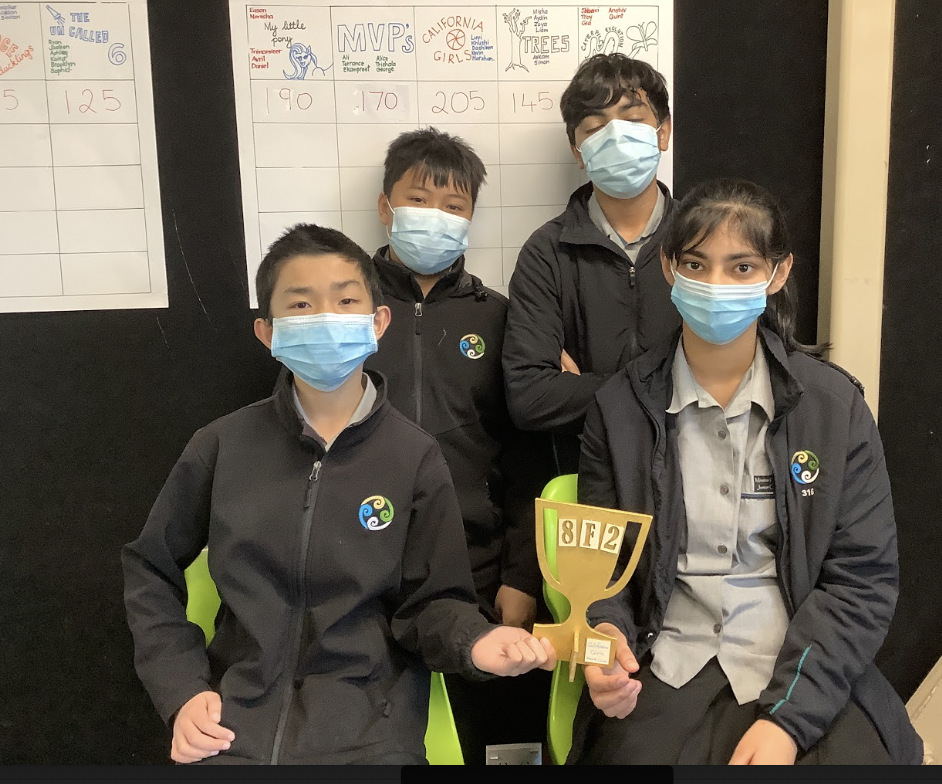
He rau ringa e oti ai
Many hands make light work
Kia ora. I hope you have all had a chance to have a good rest after athletics/tabloid day. Being outside in the sunshine and fresh air can be really tiring. This week, we are back to challenge Monday, so we will work with both classes during session 3 & 4 to give you an opportunity to challenge your friends in the other class also. I have booked us into the library on Thursday - remember to bring your books back. This will be our last in-class opportunity to issue books as the Library will need all books back in week 5/6.
Success Criteria:
- I can find relevant information in a text
- I can record the information that supports my response
- I can recognise the elements of a rubric
- I can tell a partner where they are on a rubric
Activities:
- Challenge Monday
- Inferences and Conclusions (GClassroom)
- Library
Further Learning:
Read a book!EXPLORE / TŪHURA learning intentions:
- We are EXPLORING by identifying and recording elements in our extended text
- We are EXPLORING by skimming and scanning the text to locate and select supporting evidence
-
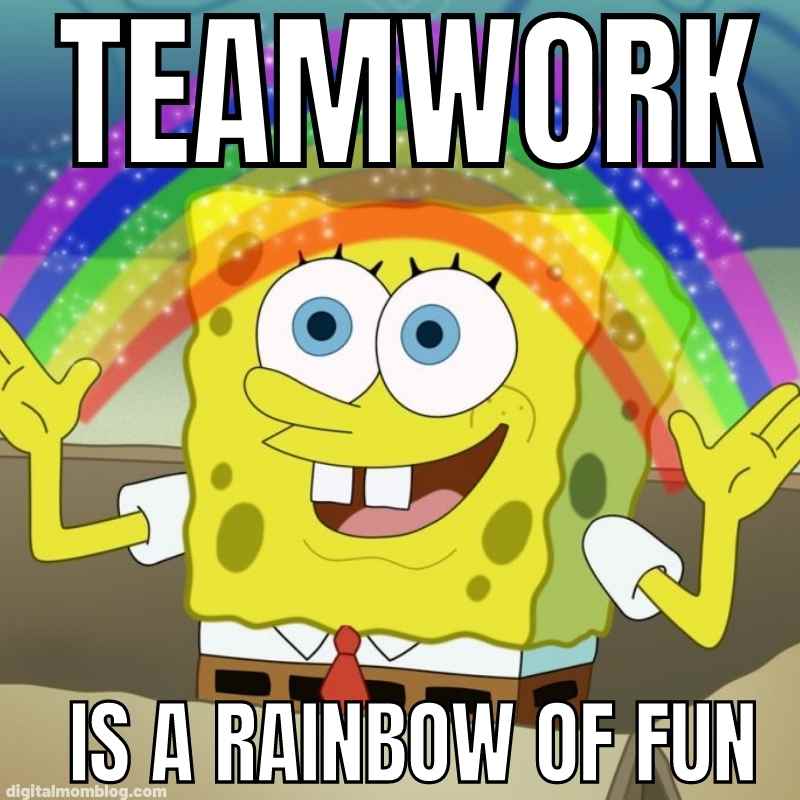
Ki te kotahi te kākaho ka whati, ki te kāpuia, e kore e whati
When we stand alone we are vulnerable but together we are unbreakable
Kia ora. I hope you are ready for teamwork and challenge because Monday is Nerf Wars Day! There may be other team challenges over the course of the week also, maybe the return on the jigsaw team challange! Please remember to return any library books that you have finished reading. I am happy to deliver these back to the library for you. Good luck to you and your team on Monday and........
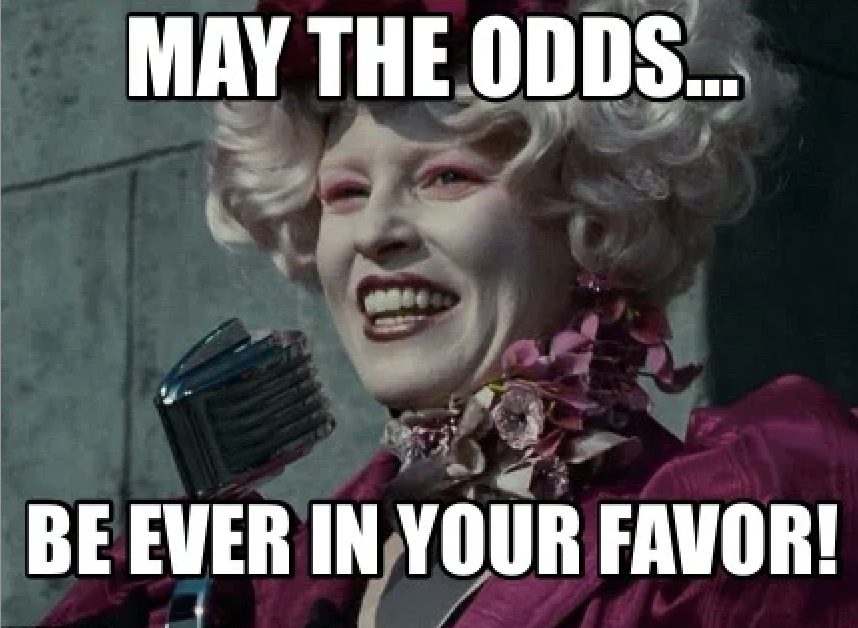
Success Criteria:
- I can find relevant information in a text
- I can record the information that supports my response
- I can recognise the elements of a rubric
Activities:
- Teamwork challenge
- Group challenge
- Reading
Further Learning:
Read a bookFOCUS / ARONGA learning intentions:
- We are FOCUSING on identifying information to support making inferences and drawing conclusions
- We are FOCUSING on recognising how feedback can help us improve our work
-
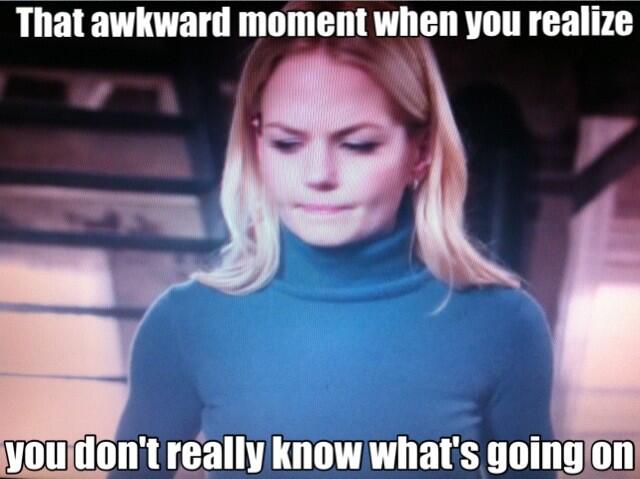
Kia kawea tātou e te rēhia.
Let us be taken by the spirit of joy, of entertainment.
Kia ora. Thank you for your work with AsTTle last week, I know it can be really frustrating when the system is slow, and also when you are asked to sit another test, well done for your resilience in getting through. This week we are going to work in teams to create some short narratives. I have found a link to a random idea generator to give you the basics of your story.... you will need to work together to write, illustrate and publish your story. This is a competition and the entries will be judged and points awarded! Working as a team means you will be able to use the strengths of those around you to create a fantastic piece of work.
Success Criteria:
- I have used a writing framework to structure my writing
- I have linked elements of the text to my writing
- I have checked my work carefully for structure and sense
- I have use proofreading skills to improve my work
- I have worked as a contributing member of a team
Activities:
- Short story introduction
- Story idea generator
- Team role identification
- Team tasks to achieve outcome
Further Learning:
Read a book....... please return any MHJC Library books as you finish themPLAN & DO / WHAKAMAHI learning intentions:
- We are PLANNING our response to extended text by using our notes to demonstrate our understanding of the elements of an extended text. We are applying our personal response to the elements to justify our decisions/opinions.
-
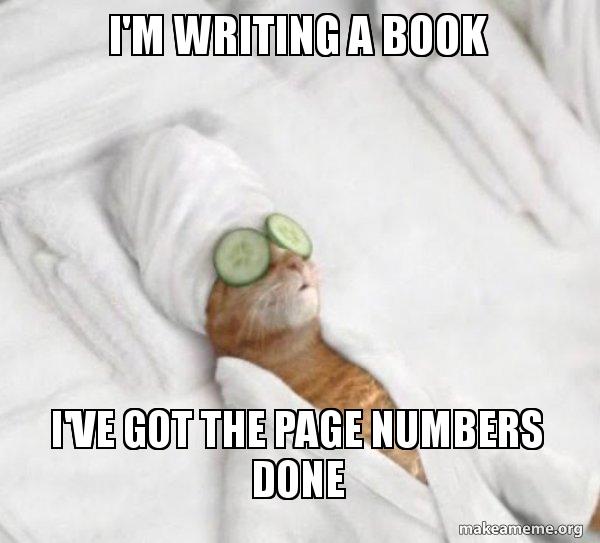
Kia ora. This week we are going to continue writing our group books. Remember to use the strengths of all the members of your team - if each person takes ownership of part of thetask, you will all have a fantastic product at the end. We are aiming to finish our books early next week so they can be judges and the winning team found.
Success Criteria:
- I have used a writing framework to structure my writing
- I have linked elements of the text to my writing
- I have checked my work carefully for structure and sense
- I have use proofreading skills to improve my work
- I have worked as a contributing member of a team
Activities:
- Write/illustrate/publish your short story
Further Learning:
Please return all library books!PLAN & DO / WHAKAMAHI learning intentions:
- We are PLANNING our response to extended text by using our notes to demonstrate our understanding of the elements of an extended text. We are applying our personal response to the elements to justify our decisions/opinions.
-

Kia ora. Well done, you're almost there.... we have a really busy week this week, there are lots of off timetable and outside the classroom activities for you to look forward to. In English, we will focus on completing our team books - I think I can guarantee you ONE session this week.
Success Criteria:
- I can work with my team to complete the task
- I can use my personal strengths to help my team succeed
Activities:
- Team book challenge
Further Learning:
Return any library books (I will take them back to the library for you)

